The Team
An interdisciplinary team brings their diverse skill set to an archival corpus
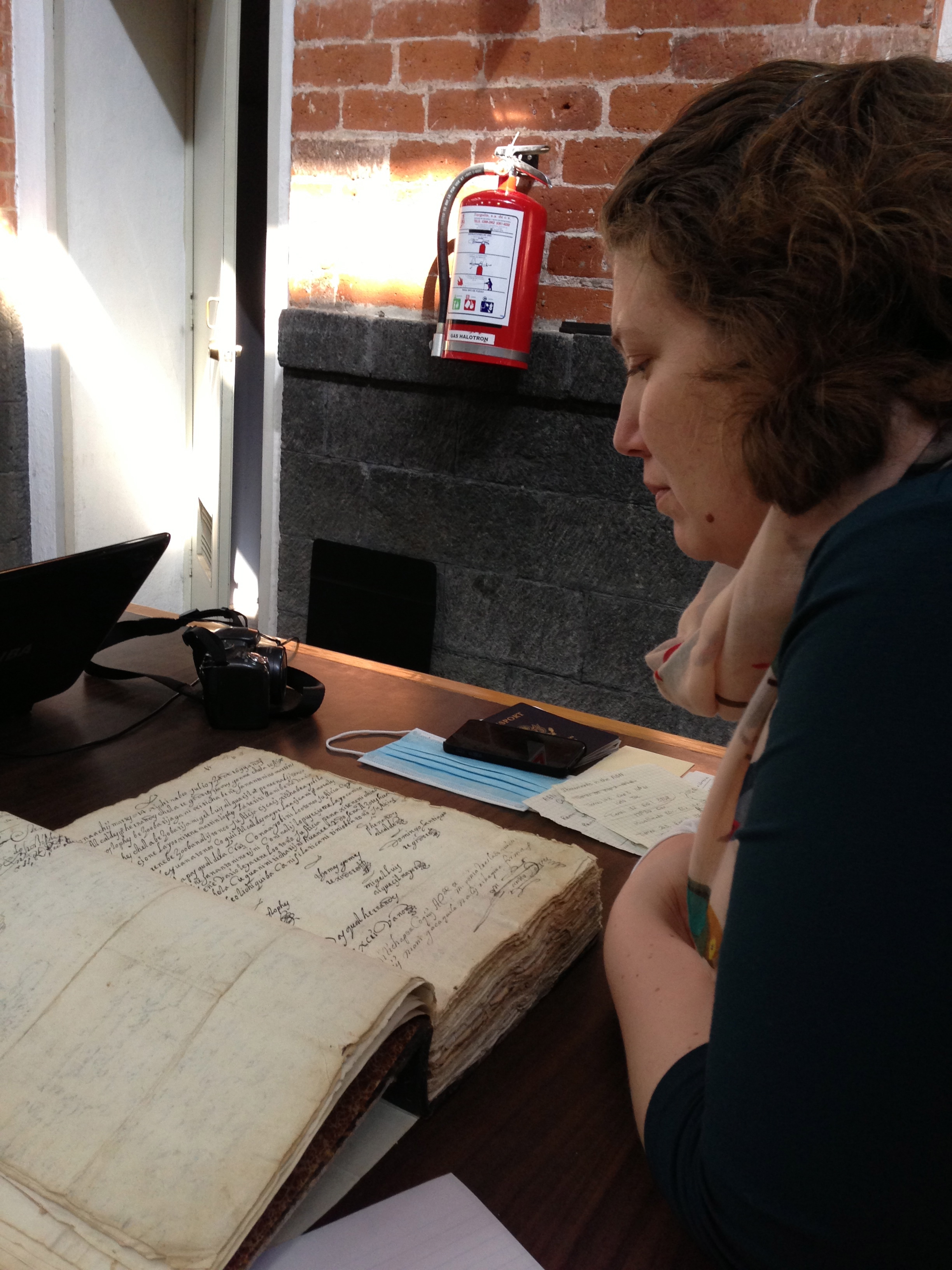
Brook Danielle Lillehaugen is Associate Professor of Linguistics at Haverford College. She received her Ph.D. in linguistics from the University of California, Los Angeles in 2006 and has been working on colonial and modern Valley Zapotec since 1999. She publishes on the grammar of Zapotec in both its modern and colonial forms, including publications in Language Documentation and Conservation, International Journal of American Linguistics, and Tlalocan. In collaboration with Zapotec speakers, other linguists, and the Living Tongues Institute for Endangered Languages, she is developing online Talking Dictionaries for several Valley Zapotec language varieties. Her work has been supported by the NSF, NEH, and the ACLS. She was awarded the 2018 Ernest A. Lynton Faculty Award for the Scholarship of Engagement for Early Career Faculty.
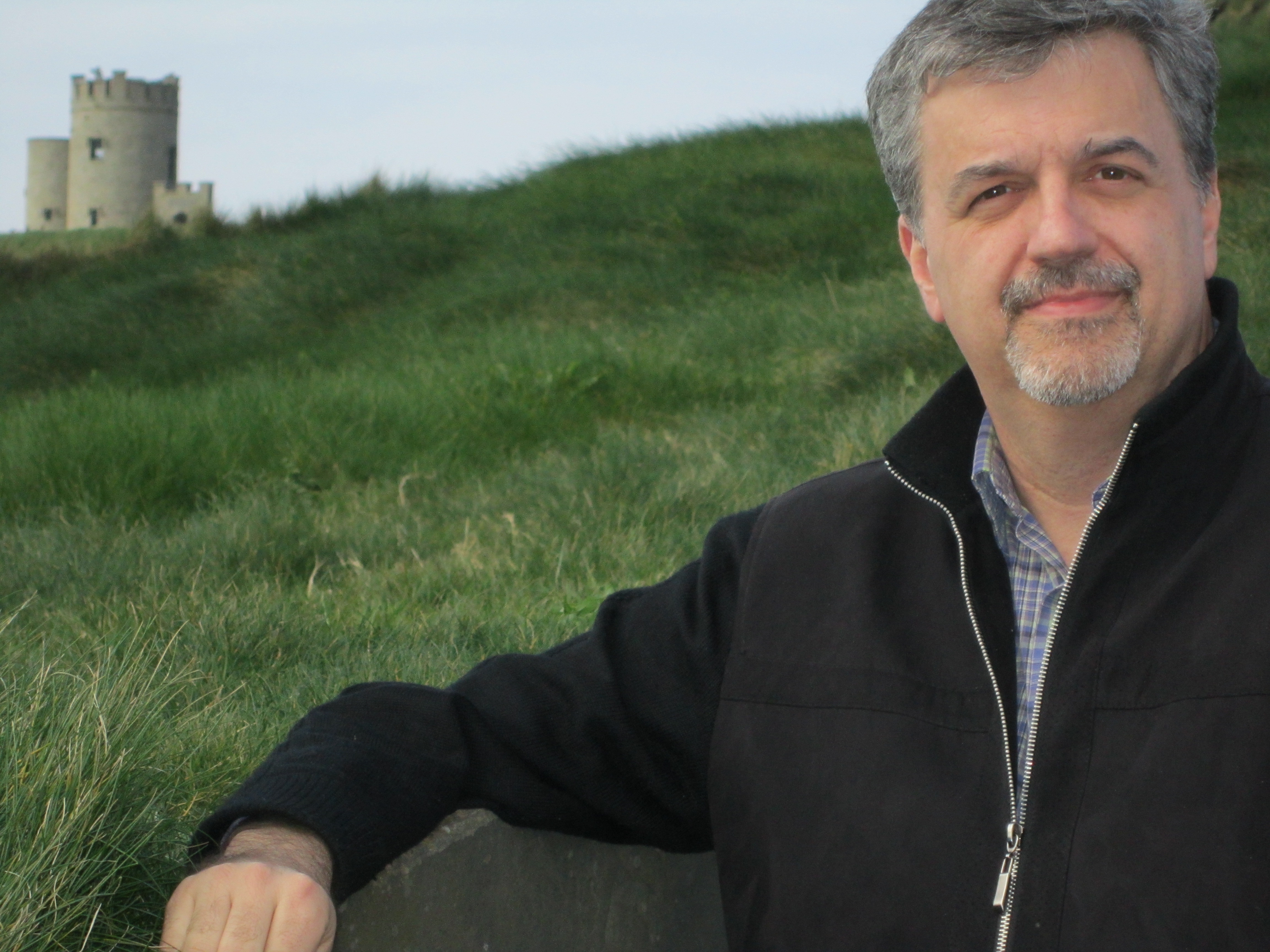
George Aaron Broadwell is Elling Eide Professor of Anthropology at University of Florida. His research focuses on the documentation of Native American languages, particularly in the southeastern United States and Oaxaca, Mexico. He has worked with Zapotec languages since 1989, with research on three modern varieties (Santa Ana del Valle, San Dionisio Ocotepec, and Macuiltianguis) as well as Colonial Valley Zapotec materials. He is the author of numerous publications on Zapotec and also author/editor of A Choctaw Reference Grammar; The origin of the sun and moon: A Copala Triqui legend; and Nana naguan' rihaan nij sii chihaan': Words of counsel for the Triqui people.
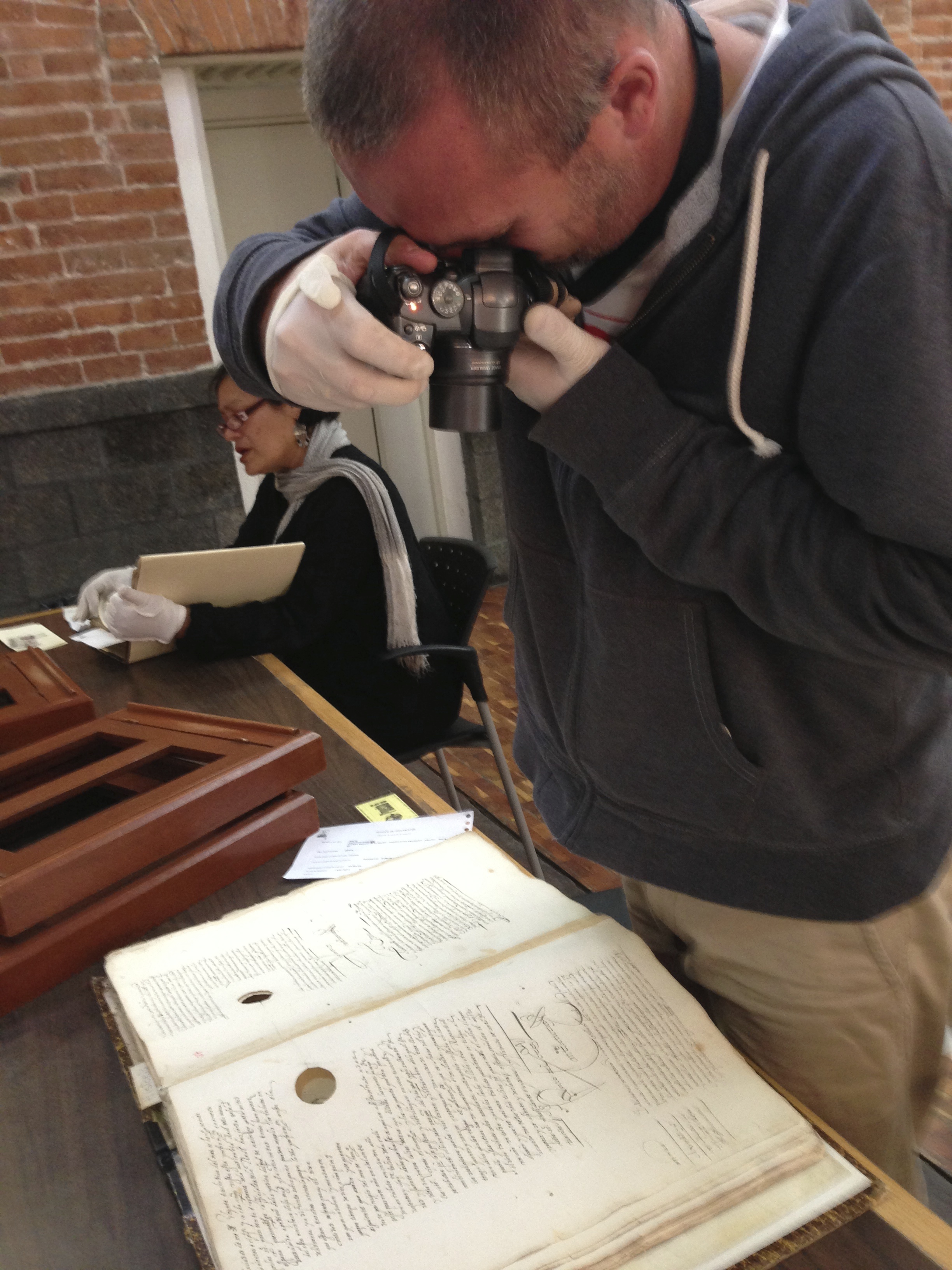
Michel Oudijk is an historian and philologist whose main interest is Zapotec historiography and its relationship to present day communities. Since 1992 he has worked in three of the four main Zapotec regions and is renowned for his analysis of pictographic and alphabetic documents alike, relating historical information to present day landscapes and oral tradition. His work on the indigenous participation in the "Spanish" conquest of Mexico has opened up a whole new field of study called the New Conquest History. In 2000 he received his Ph.D. at Leiden University, after which he worked for a year in the National Archives of the Indies in Seville, Spain. Since 2004 he has been a researcher at the Institute of Philological Studies at the Universidad Nacional Autónoma de México (the National Autonomous University of Mexico). He has published 11 books and over 50 articles and chapters in journals and volumes all over the world, and is a well-known speaker at international academic meetings and in local indigenous community events.
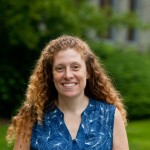
Laurie Allen is the Director for Digital Scholarship at the University of Pennsylvania Libraries. She and her colleagues collaborate on new forms of scholarship to support campus-wide open access publishing, data curation & management, digital humanities, and mapping and geospatial data efforts. A native Philadelphian, she also serves as Research Director for Monument Lab, a public art and civic research project in Philadelphia. In late 2016, Allen and colleagues in the Penn Libraries helped start Data Refuge by teaming up with the Penn Program in Environmental Humanities in an effort to help protect copies of federal environmental and climate data. Before joining the Penn Libraries, Laurie was the Coordinator for Digital Scholarship and Research at Haverford College. She holds a Bachelor's degree in Philosophy from Bard College, and a Master's of Library and Information Science from Simmons College.
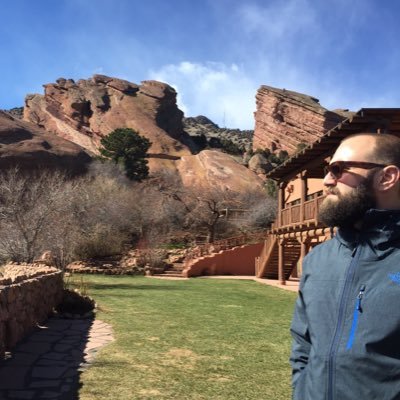
Michael Zarafonetis is Coordinator for Digital Scholarship and Services for Haverford College Libraries. He earned a Bachelor's degree in Computer Science from Kalamazoo College and a Ph.D. in History from Auburn University. He designed and developed web exhibits at the Hagley Museum and Library in Wilmington, Delaware before coming to Haverford. Since 2011, Mike has supported faculty, staff, and students in the planning, design, and development of digital scholarship projects. These projects incorporate techniques like GIS mapping, data visualization, machine learning, and text encoding and analysis. In addition to course support and exhibit design, Mike has developed curriculum for the Digital Scholarship Fellows program at Haverford, and teaches in the Museum Studies graduate program at the University of Delaware.
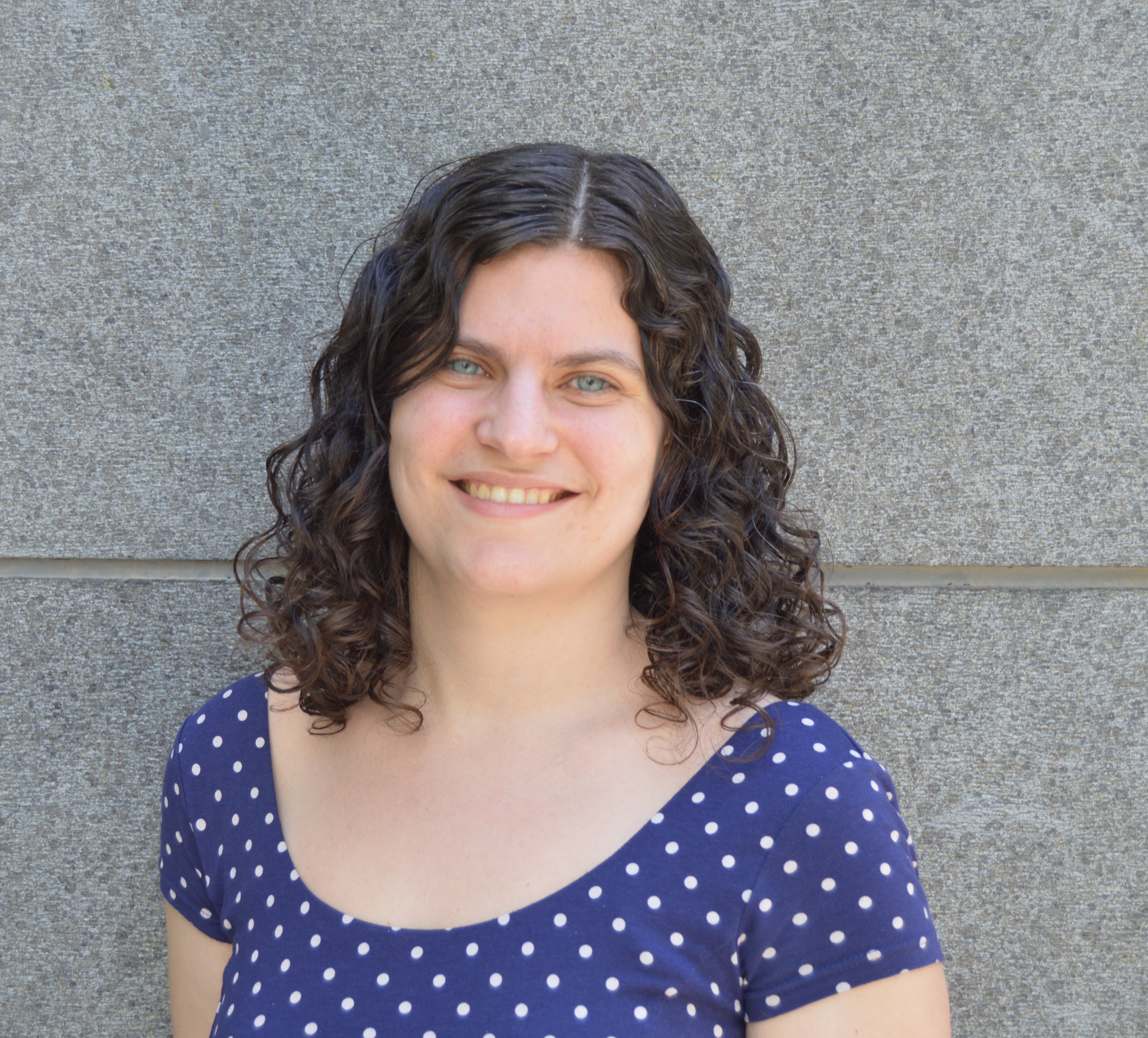
May Helena Plumb is a PhD candidate in Linguistics at the University of Texas at Austin. A collaborator on the Ticha Project since 2013, May received her B.A. in Linguistics from Haverford College in 2016 with her thesis on conjunction in Colonial Valley Zapotec. Her graduate research focuses on the expression of temporal-modal semantics in Tlacochahuaya Zapotec, the same variety Cordova was immersed in as he wrote his Arte en lengua zapoteca. May is a NSF Graduate Research Program Fellow and a Harrington Graduate Fellow, and her research has been published in the International Journal of American Linguistics.
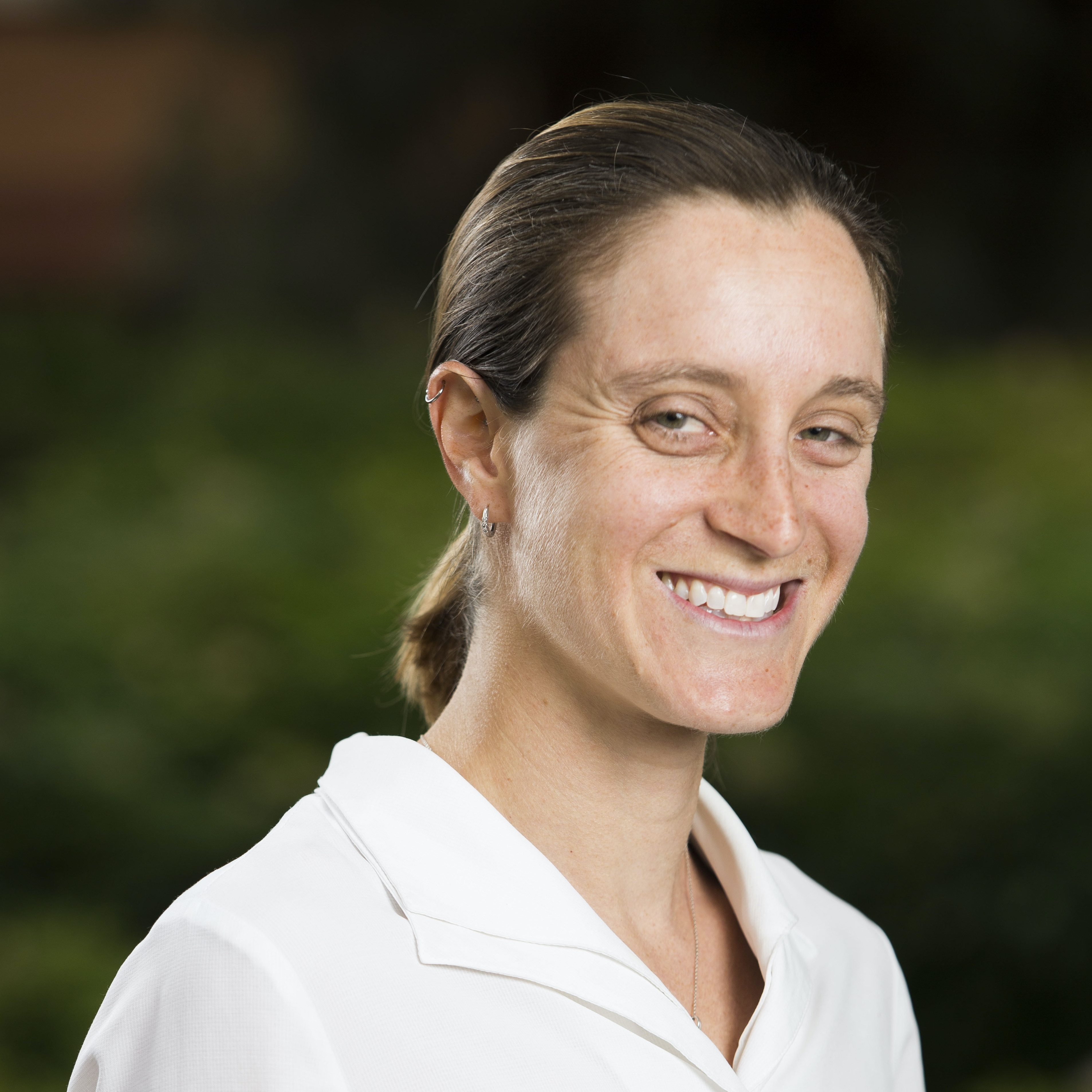
Alejandra Dubcovsky is an associate professor of history at the University of California, Riverside. She received her BA and PhD from UC Berkeley, and a Masters in Library and Information Science from San Jose State. Her first book, Informed Power: Communication in the Early American South (HUP 2016), won the 2016 Michael V. R. Thomason Book Award from the Gulf South Historical Association. Her work has been featured in Ethnohistory, Early America Studies, The Journal of Southern History, Native South, and the William and Mary Quarterly, among others. She has served in the editorial boards of the journals of Ethnohistory (2015-2018), NAISA (2017-2020), and Native South (2016-2021). Her work has focused on centering Native voices and sources.
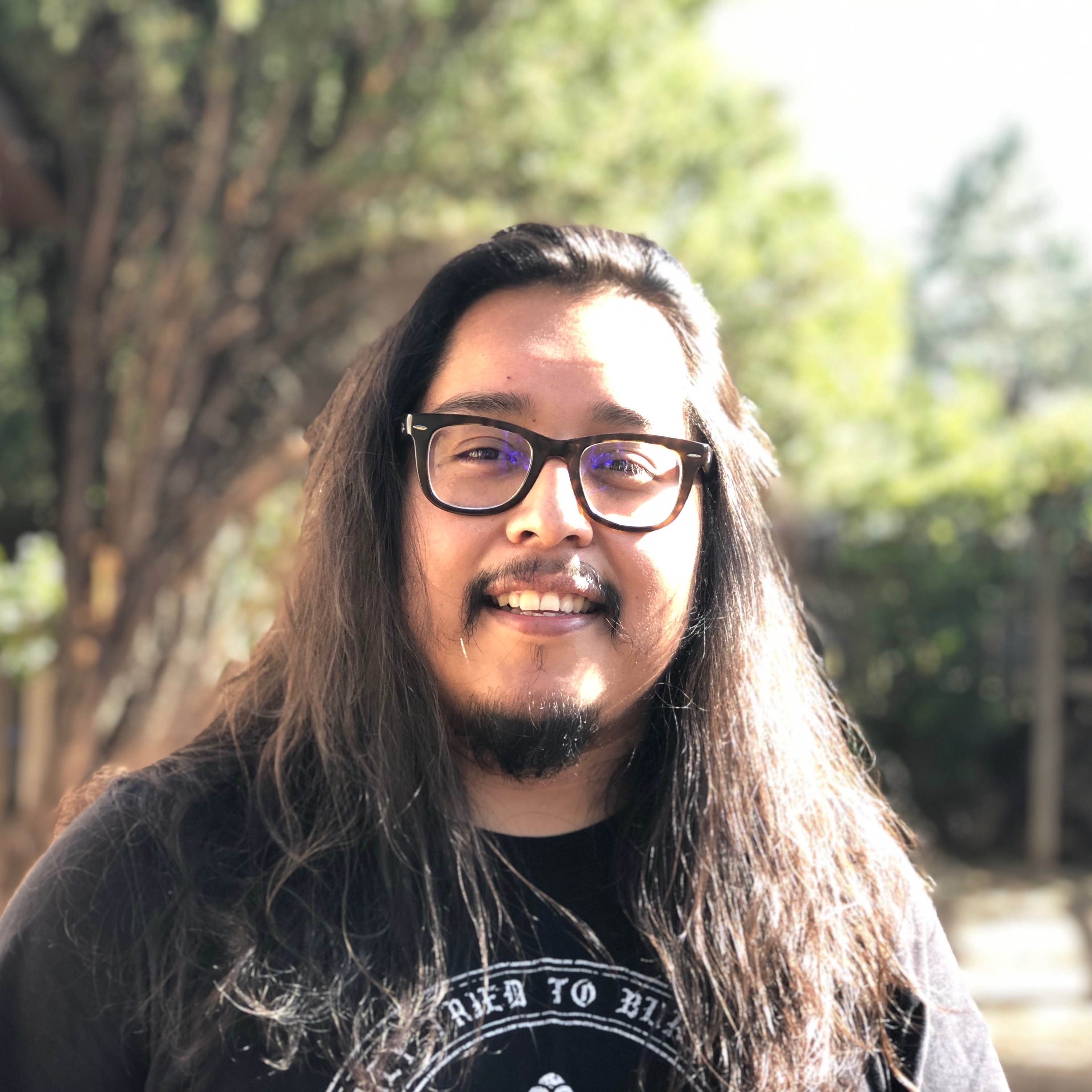
Gustavo García was born and raised in West Los Angeles and the San Fernando Valley. His family migrated from the Central Valley of Oaxaca from the Zapotec pueblo San Baltazar Chichicapam in the late 80’s and early 90’s. He started his journey in higher education at Santa Monica Community College where he received an AA in Liberal Arts: Social and Behavioral Science. After four years of full-time school and work, he transferred to the University of California Los Angeles (UCLA) to continue his passions in Chicanx Studies and American Indian Studies. In the Spring of 2019, he received his MA at the University of New Mexico (UNM) in the department of American Studies and joined the inaugural graduate cohort of Chicana/o Studies. As a PhD student, his research interests engage with the intersections of Chicanx and Indigenous Studies to explore Indigenous Mexican migrations, contemporary colonial conditions, and decolonial Indigenous movements.
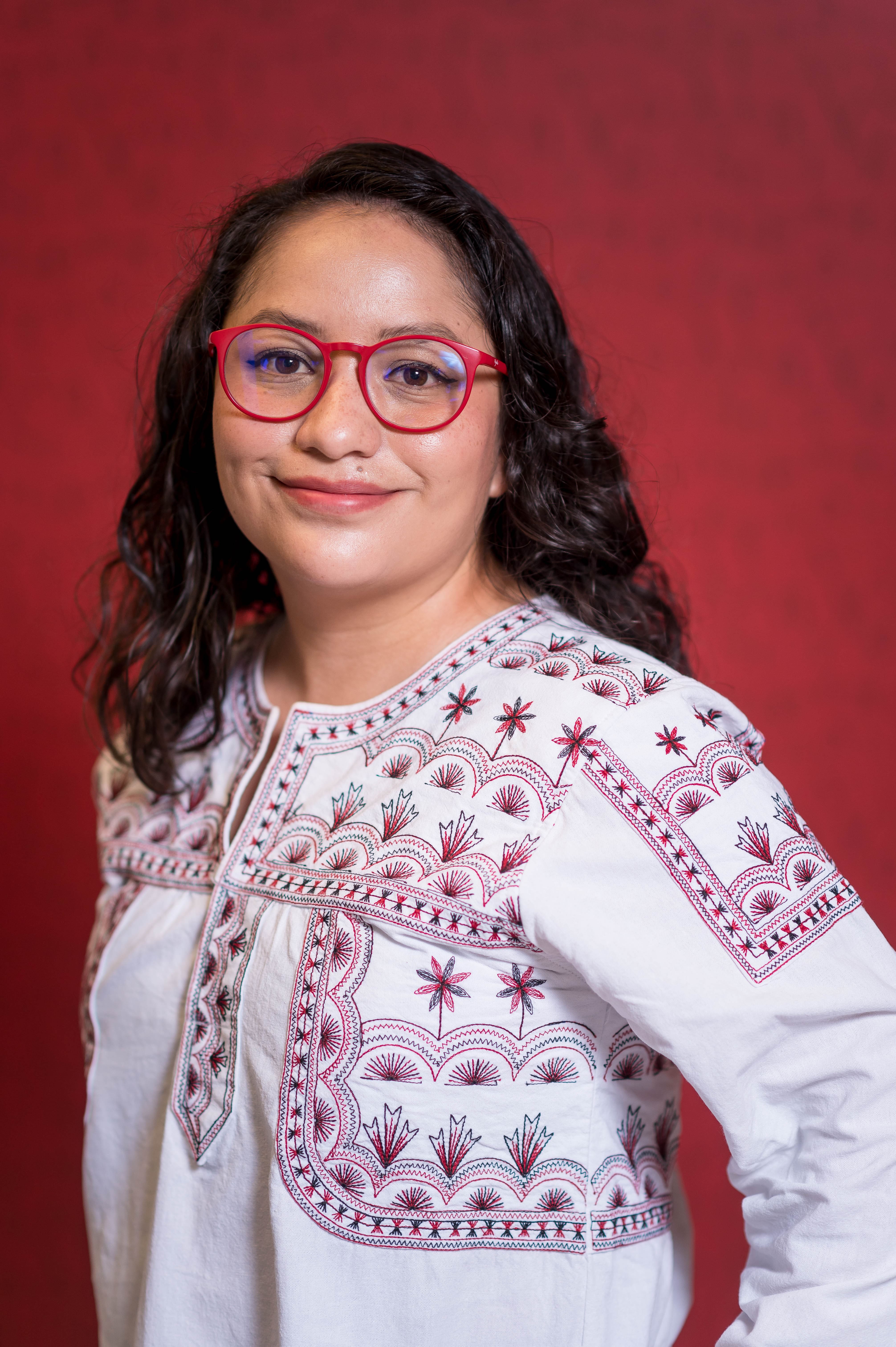
Ana Laura Arrieta Zamudio is a PhD student in Linguistics at the University of British Columbia. She has an M.A. in Hispanic Linguistics from the National Autonomous University of Mexico (UNAM) and a B.A. in Linguistics from the Metropolitan Autonomous University (UAM) in Mexico City. Her research is focused on Spanish, San Pablo Güilá Zapotec (Otomanguean language spoken in Oaxaca, Mexico), and Ktunaxa (language isolate spoken in Canada and the US). In her M.A. thesis, she investigated the relationship between definiteness and quantification in noun phrases in Spanish and San Pablo Güilá Zapotec. Currently, she is working on aspects of modality and questions in San Pablo Güilá Zapotec.
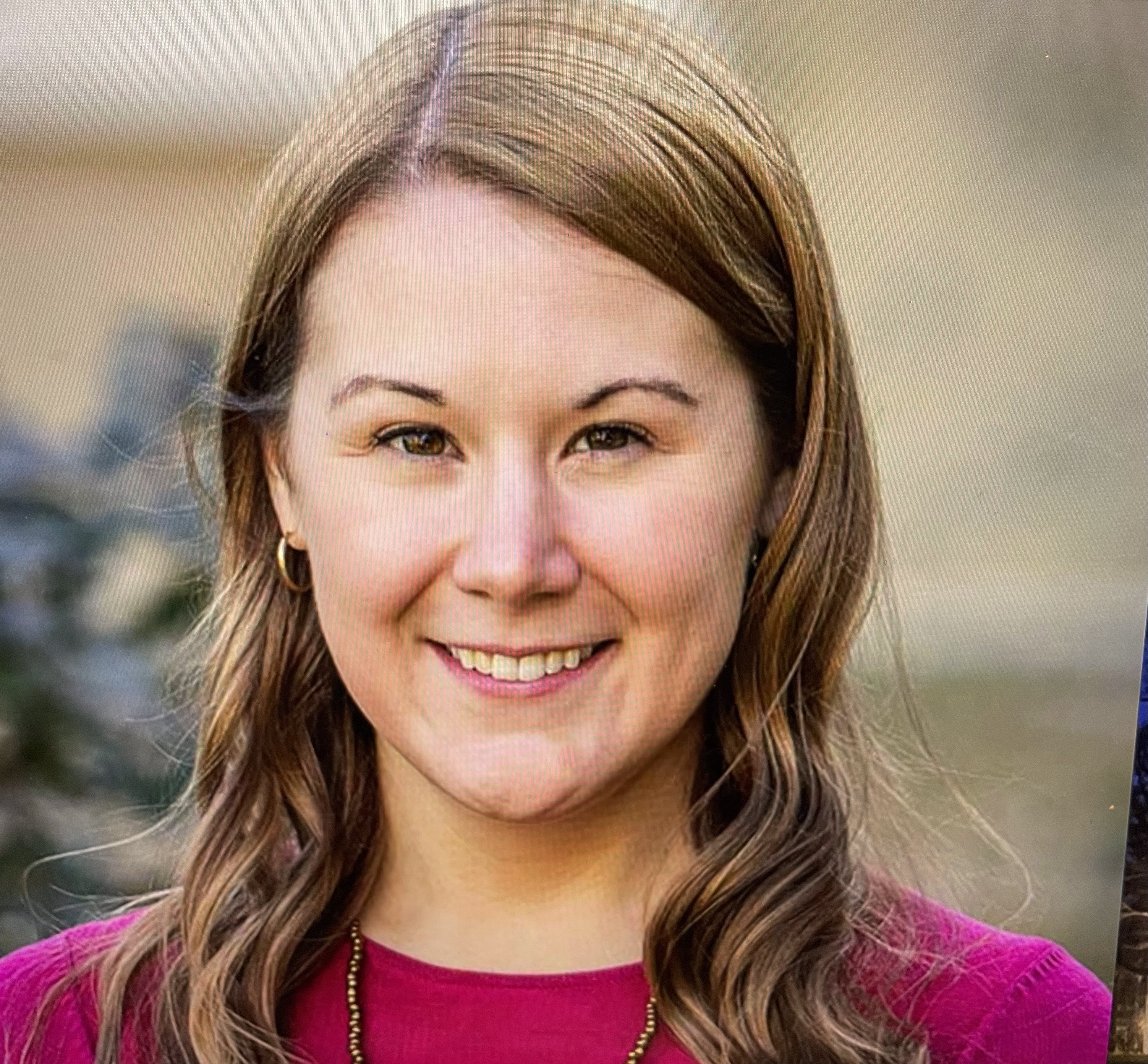
Anna Lacy is the Digital Scholarship Librarian at Haverford College. She is a Ph.D. candidate in History at the University of Delaware and earned her M.A. in History with a certificate in Museum Studies from the University of Delaware and her B.A. in History from Stockton University. Before arriving at Haverford, Anna worked as project coordinators for the Colored Conventions Project and the On These Grounds Project. She is particularly interested in project management for digital scholarship projects as well as digital humanities and digital scholarship pedagogy.
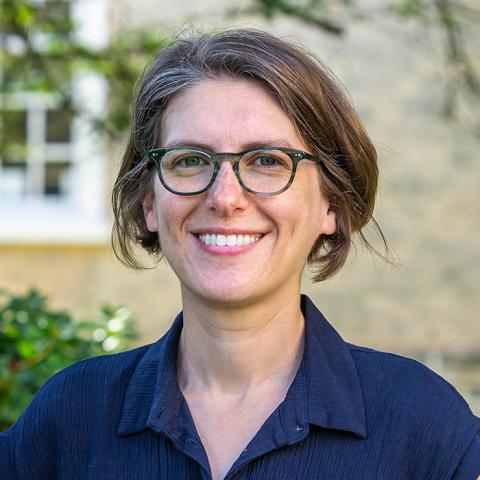
Patricia Guardiola is Associate Librarian and Coordinator of Instruction, Research, and Digital Scholarship Services at Haverford College. She has been a member of the Ticha team since 2022. Prior to joining Haverford, she worked as Director of the Fisher Fine Arts Library at the University of Pennsylvania, and before she held the role of Kress Fellow in Art Librarianship and Research & Instruction Librarian at Yale University. She holds a Master’s in Art History from the University of Louisville and a Master’s in Library Science from the University of Kentucky.
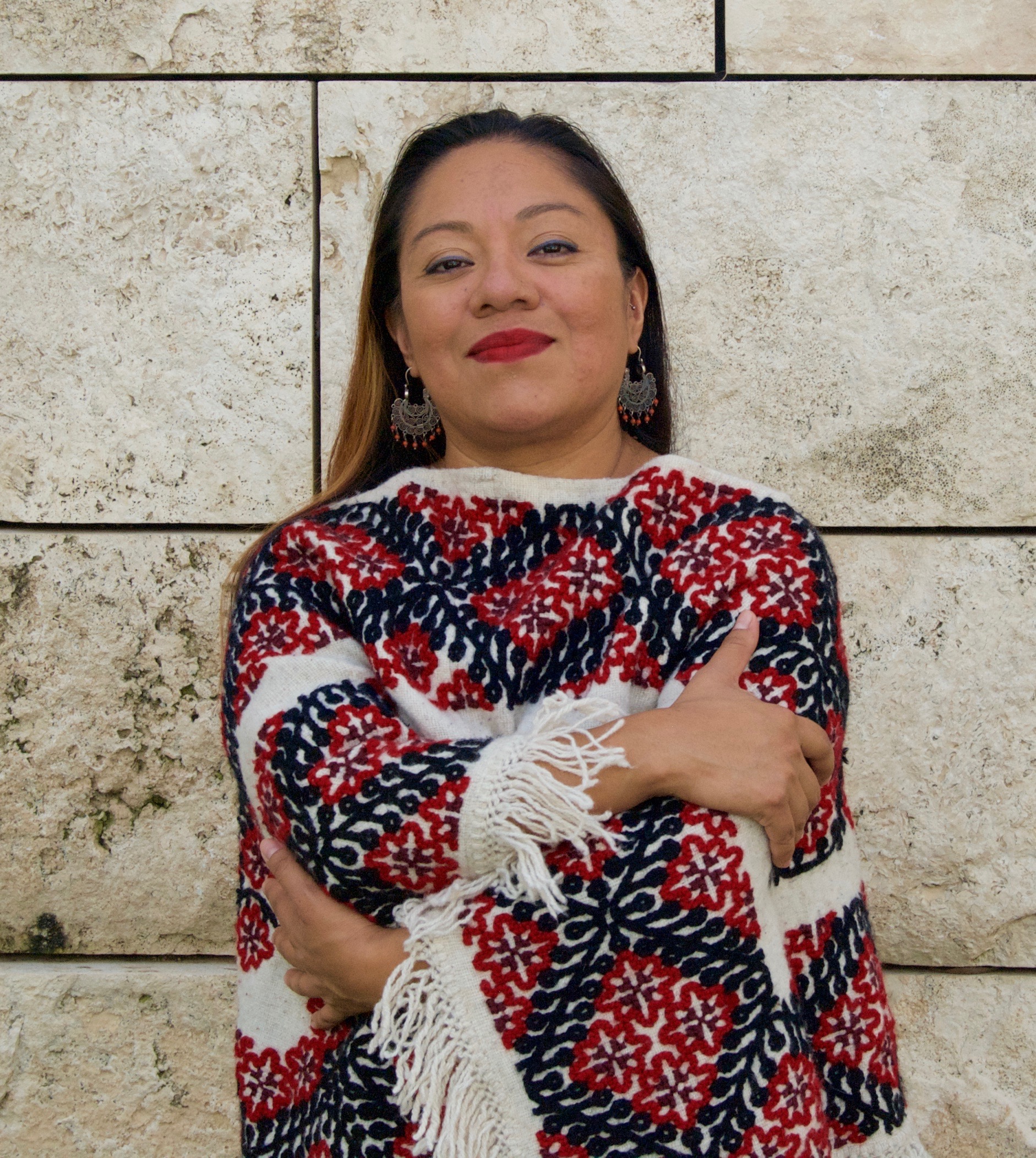
Xóchitl Flores-Marcial is an Assistant Professor in the Department of Chicana/o Studies at California State University, Northridge. Her book project, A History of Guelaguetza in Zapotec Communities of the Central Valleys of Oaxaca, traces the evolution of Guelaguetza as a Mesoamerican social network of collaboration and exchange from the pre-Columbian period to the present. Her scholarly projects are centered on Zapotec History, Zapotec Diaspora in the US, Mesoamerican Societies, Oaxacan Indigenous Languages, Urban Indigenous Peoples, Digital Humanities, and Ethnic Studies. Flores-Marcial was the principal consultant for production and development of the internationally acclaimed Pacific Standard Time: LA/LA exhibit Visualizing Language: Oaxaca in LA (2017-2018). She is a member of the transnational Zapotec community of Oaxacalifornia.
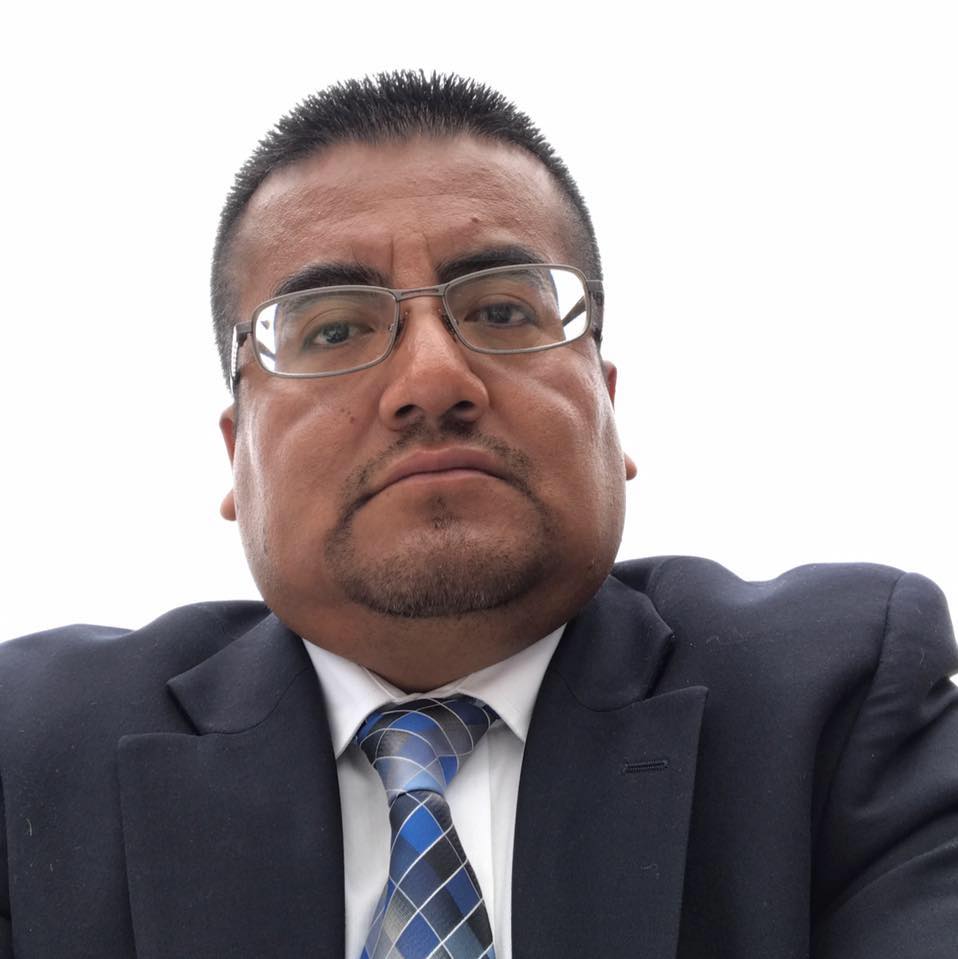
Moisés García Guzmán was born in Tlacochahuaya, Oaxaca, Mexico, and is a native speaker of Valley Zapotec. He serves as the Secretary of Culture in Tlacochahuaya and teaches English to high school students at CETIs #124 in Tlacolula. He received his bachelor’s degree in 1999 from The Technological Institute of Oaxaca (Mexico), after which he moved to California, where he received his TOEFL certification. It was during this time that he became a Zapotec language activist. He works to raise awareness of the importance of language preservation as an element of cultural identity in the state of Oaxaca. He has a digital language campaign on Twitter (@bnzunni) and recently co-produced the multilingual documentary web series Dizhsa Nabani – Living Language (https://www.youtube.com/DizhsaNabani).
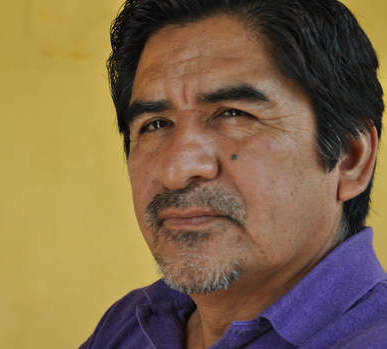
Felipe H. Lopez is Postdoctoral Scholar in Community Engaged Digital Scholarship at the Haverford College Libraries. He is originally from the Zapotec town of San Lucas Quiaviní, Oaxaca. At the age of 16 he migrated to Los Angeles, California, speaking no English and little Spanish. By 2007 he had earned his Ph.D. from UCLA in urban planning, with research focusing on Mexican indigenous issues on both sides of the border. He is co-author of a trilingual Zapotec-Spanish-English dictionary (Munro & Lopez et al. 1999) and has taught Zapotec language classes at UCLA and UCSD using a textbook which he also co-authored (Munro et al. 2008). His Zapotec poetry can be found in the Latin American Literary Review, The Acentos Review, and Latin American Literature Today. His Zapotec short story Liaza chaa ‘I am going home’ was awarded the 2017 Premios CaSa prize, an annual competition for the creation of literature in Zapotec, and was published in Latin American Literature Today.
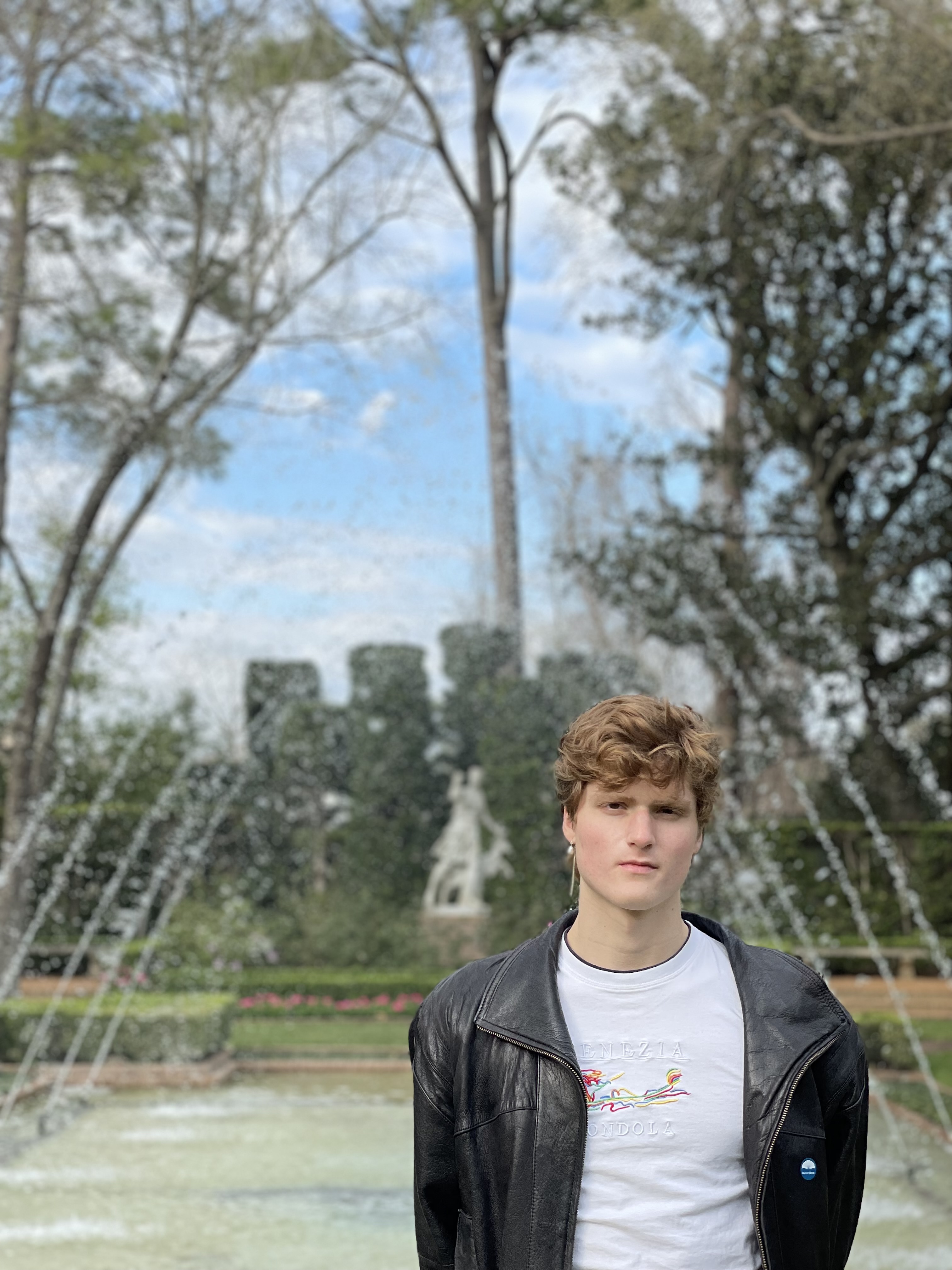
Joseph Lukner is an undergraduate student pursing a bachelors in Computer Science with a minor in Linguistics at Swarthmore College in Swarthmore, PA. Much of his intellectual focus is geared towards seeking out opportunities that combine these two academic interests. Combined with a passion for all things related to language, Joseph brings his fitting academic background to the Ticha Project as a 2023 summer intern. Exposed to the complex array of indigenous languages in Latin America during his Spanish language and culture studies at Swarthmore, he is excited to expand his knowledge on the subject and offer his current capabilities to the project this summer.
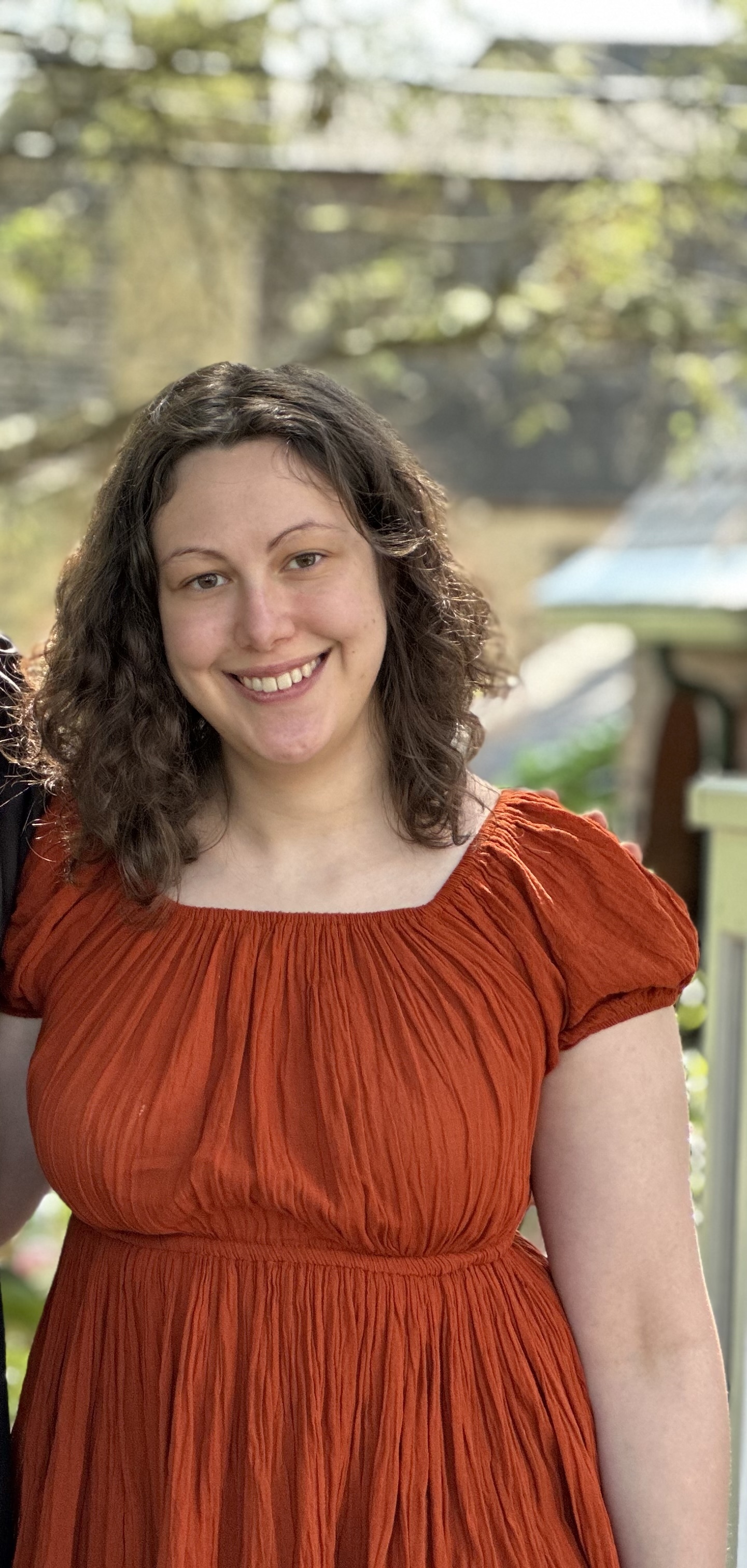
Lillian Leibovich is pursuing a major in Linguistics and a minor in Theater. Since beginning work with Ticha, she has participated in the digitization and creation of audiovisual content for Zapotec pedagogical materials. Lillian is looking forward to her work in Oaxaca this summer!
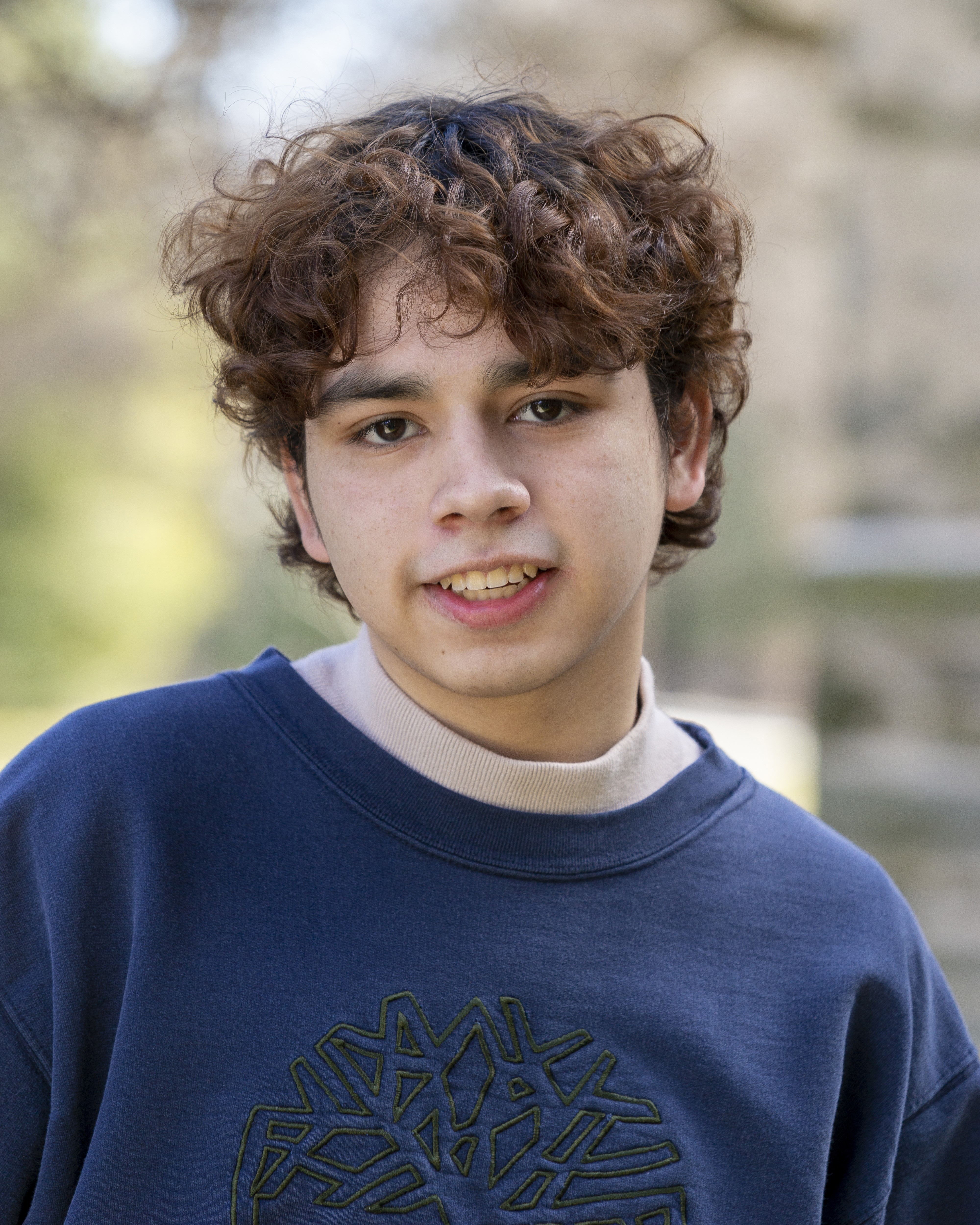
Alan Ramirez (Haverford ‘26) is a prospective Spanish or Education major at Haverford from Baltimore, Maryland. He is very excited to join the Ticha Project in Oaxaca and learn a lot from his experiences this summer!
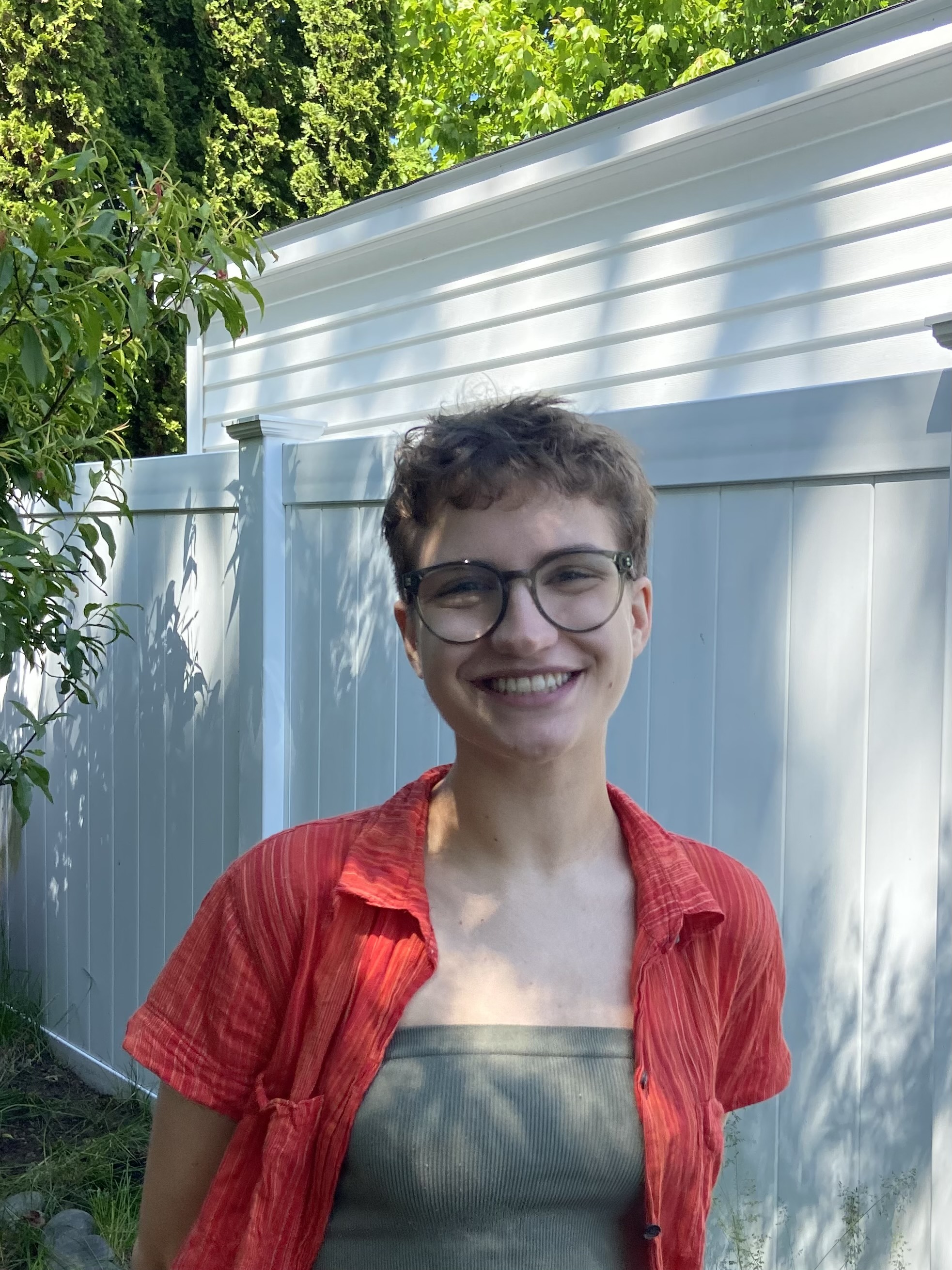
Bridge Schaad is a computer science major and anthropology minor from Massachusetts. In her free time, she can be found spending time with friends, crocheting, or cooking in her kitchen. She got involved with Ticha as a Digital Scholarship Assistant for the Haverford Libraries and has enjoyed providing technical support for the project's digital presence.
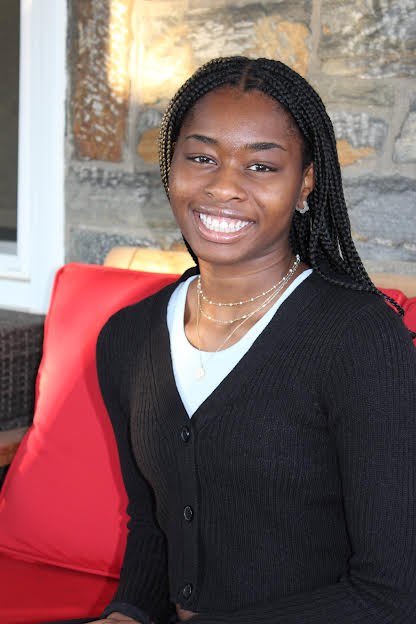
Kiara Abbey is an undergraduate student studying Computer Science at Swarthmore College. She loves learning about the world and expressing herself through creative pursuits. Kiara connects to the Ticha project in many ways including her own cultural background which shares many of the Ticha Project’s values and ideals such as anti-colonialism, anti-racism, kinship, and more. In her free time, she runs for her school’s varsity Track and Field team and loves spending time with her family and friends. She is excited to be an intern for the Ticha Project this summer!
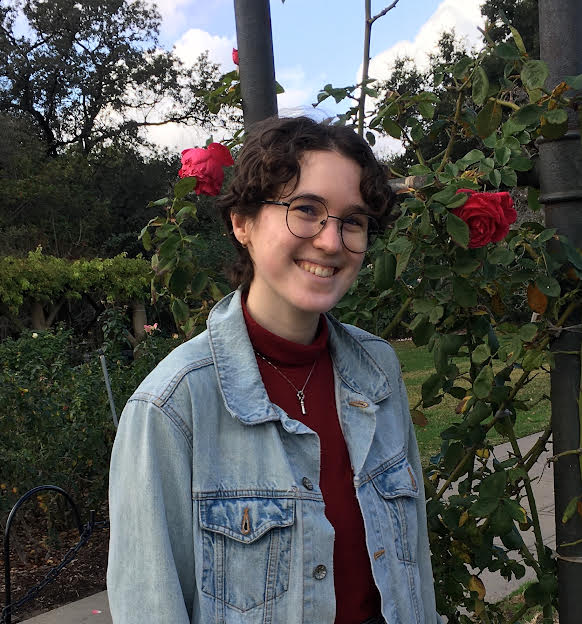
Lucy Corrie-Tannen is a prospective Spanish major from Los Angeles, California. She is a summer 2023 intern with the Ticha Project.
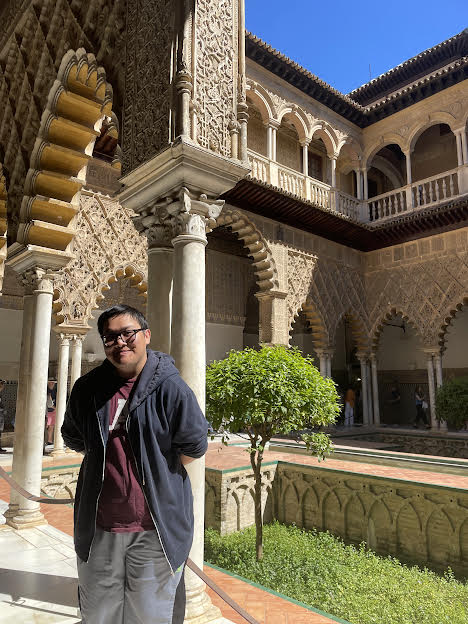
Jacob Chan is majoring in Spanish and Linguistics, and minoring in Education. In his free time, he loves traveling, listening to music, and learning about different cultures. He is looking forward to working with the Ticha Project for the Summer of 2023.
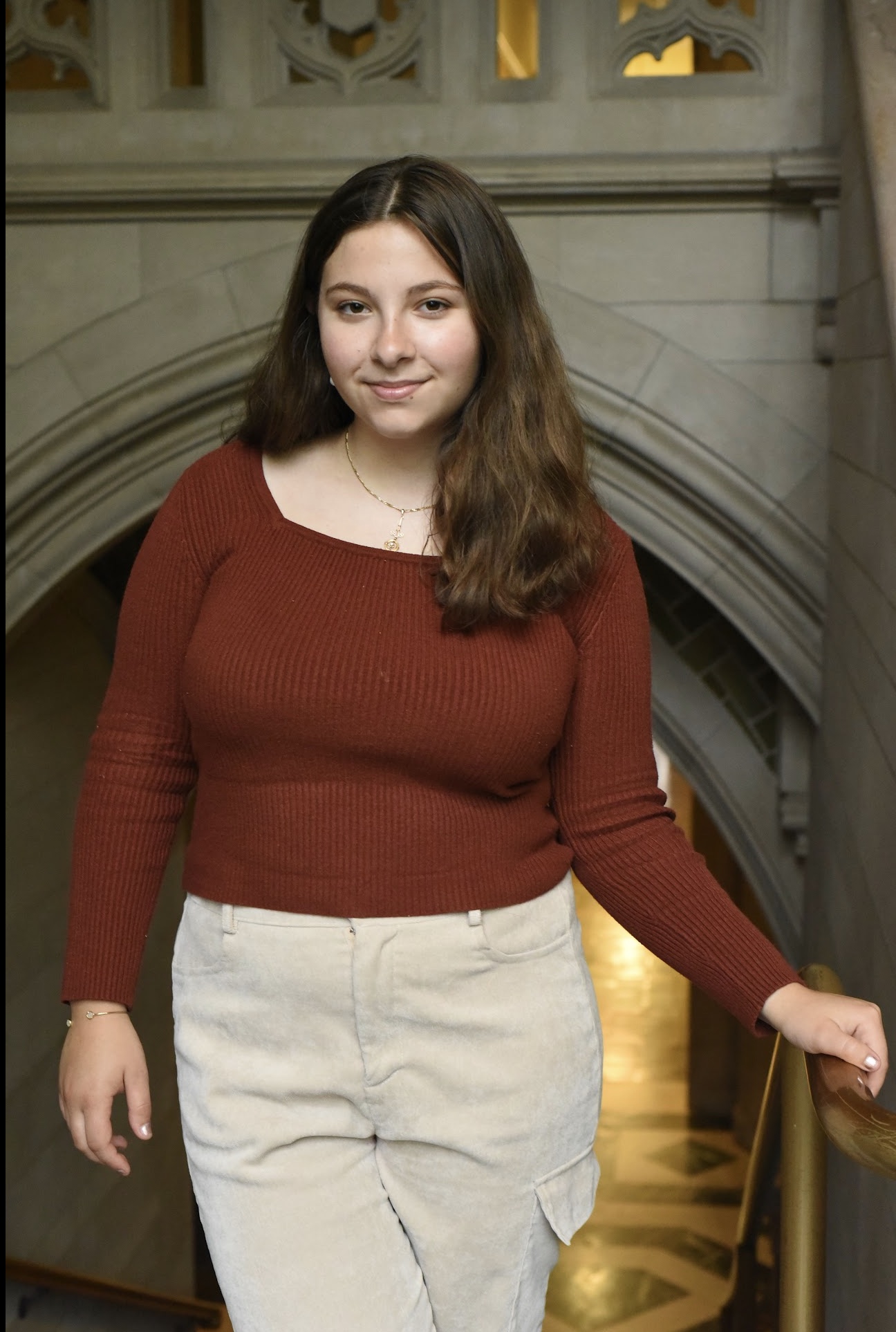
Shoshana Promer is a prospective Linguistics or Anthropology major pursuing a certificate in Translation Studies. She worked with the Ticha Project in 2021 to create the answer key for Caseidyneën Saën, and is excited to return to work in Oaxaca this summer.
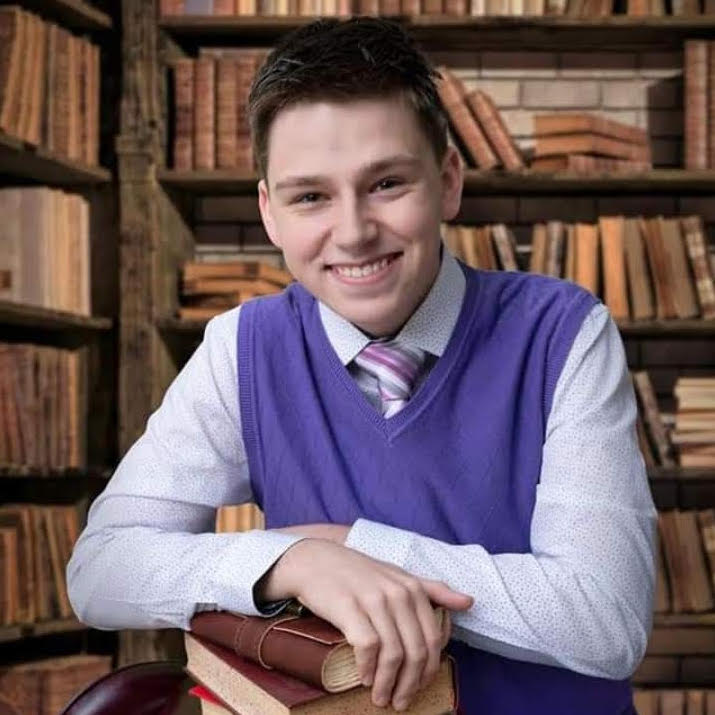
Jack J. Lockwood is an undergraduate student pursuing a bachelors in Linguistics at the University of Florida in Gainesville, FL. He has participated in Linguistics workshops at the Ohio State University as well as groups at the University of Florida, including the UF English Language Institute. He has an interest in language documentation and since joining Ticha in September 2021, he has gained experience in transcribing text and working with linguists and community members to understand and preserve Indigenous languages.
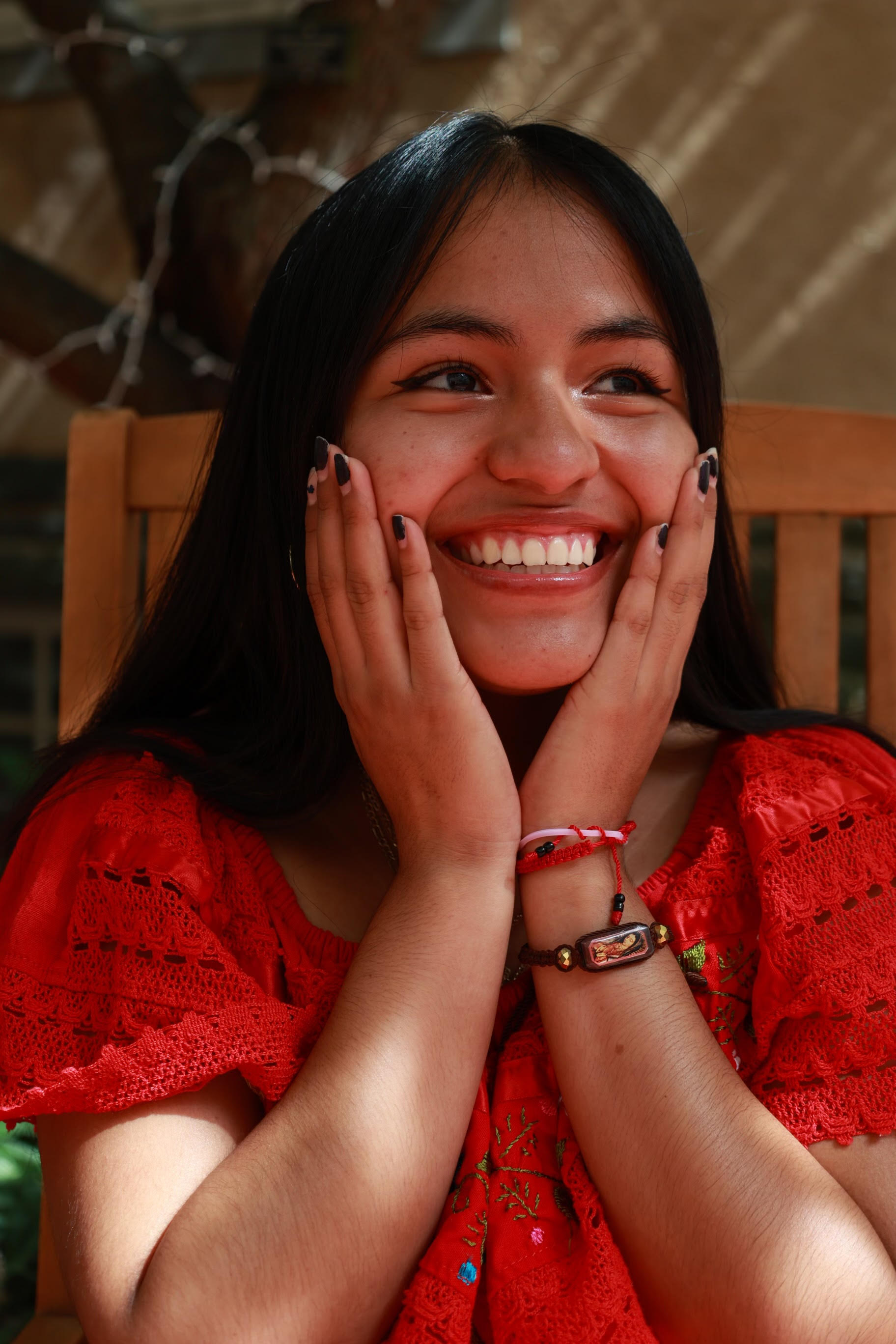
Rosa García is majoring in Environmental Studies with a focus in Data Science and a Spanish minor. Rosa enjoys being part of a team and approaching situations with an open mind. What she loves most about the Ticha Project is having the opportunity to be part of something bigger than herself.
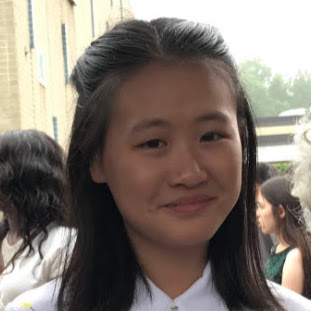
- Worked on transcriptions and translations for the Ticha Project.
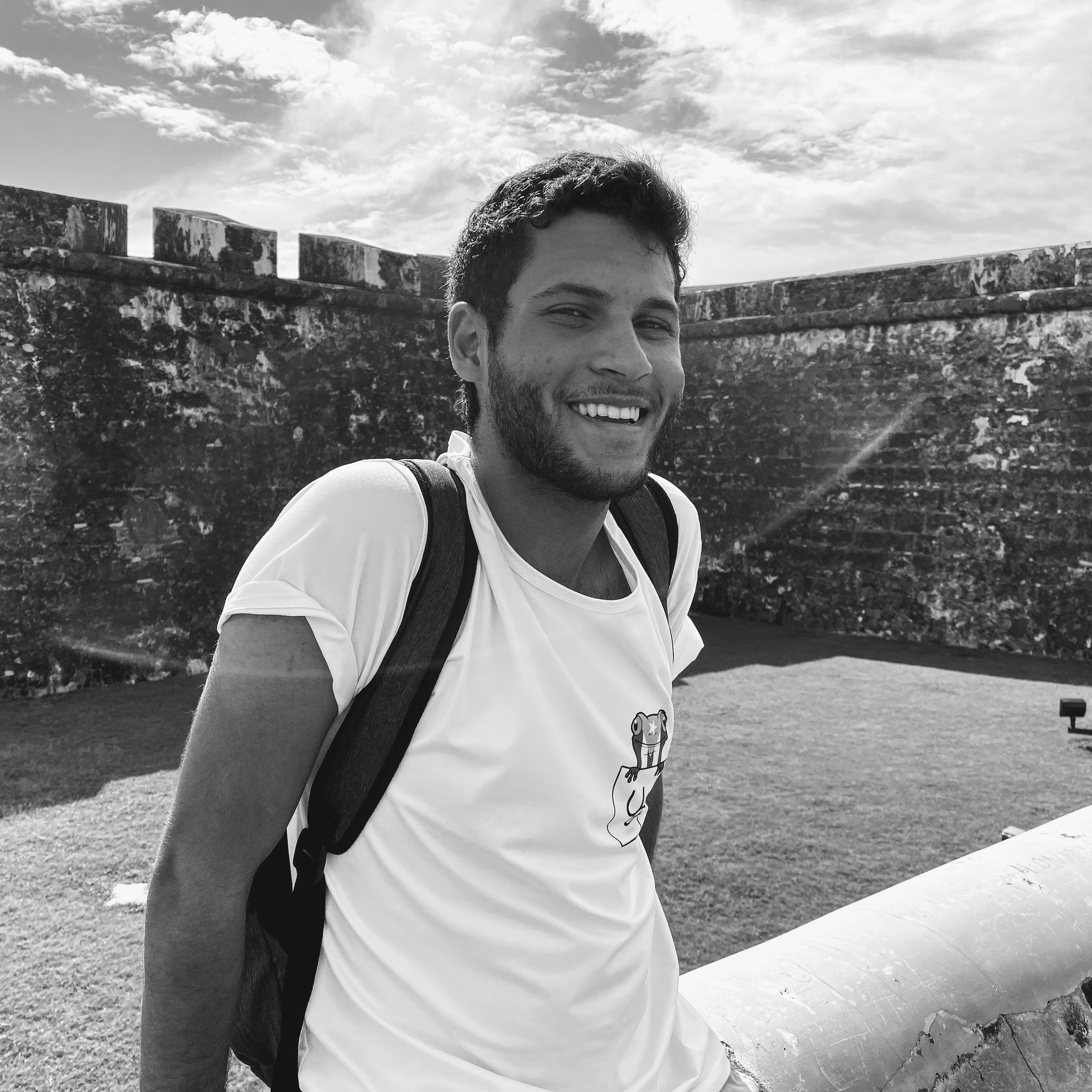
- Translated between English and Spanish for the Ticha Project.
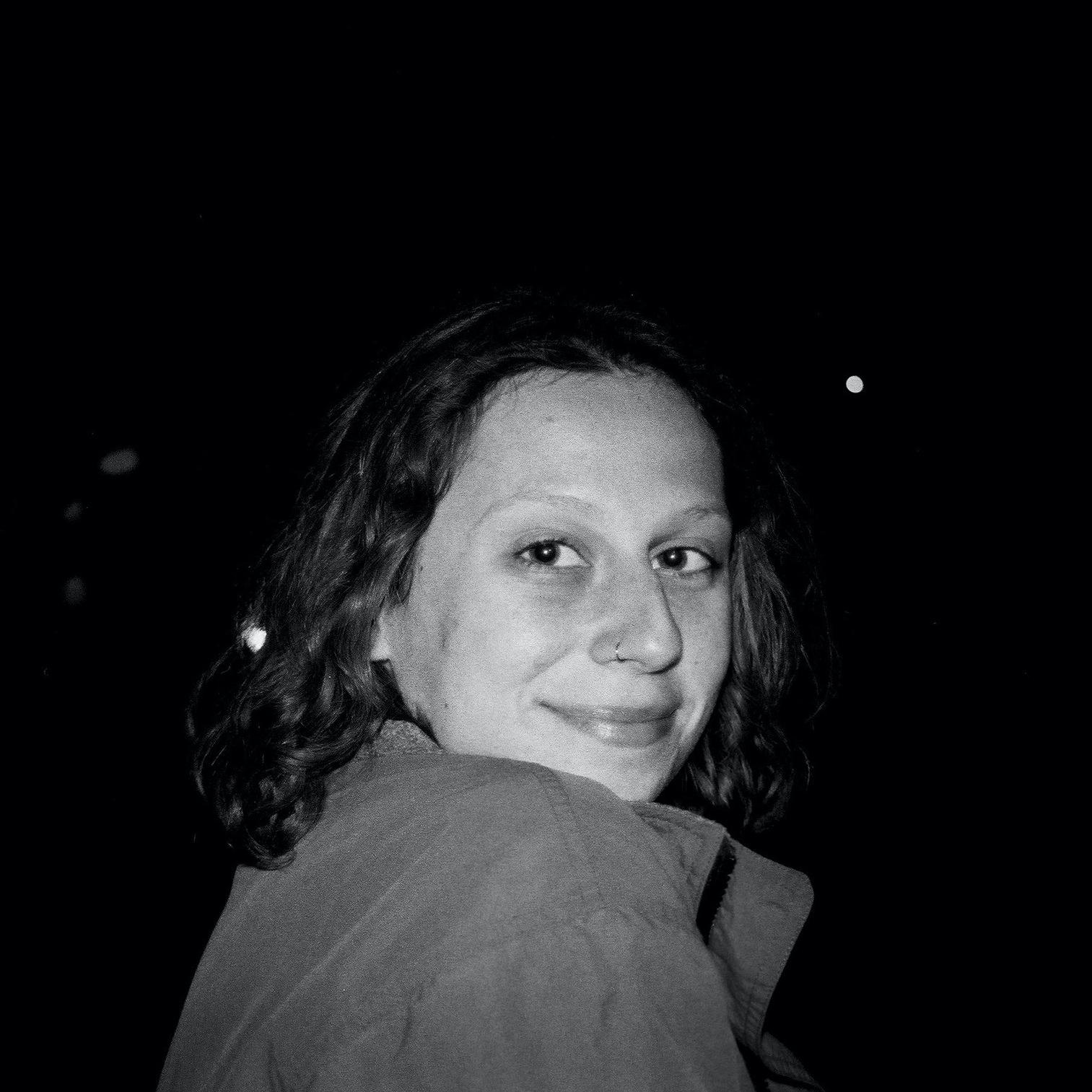
- Created Teaching Guides for Caseidyneën Saën chapters
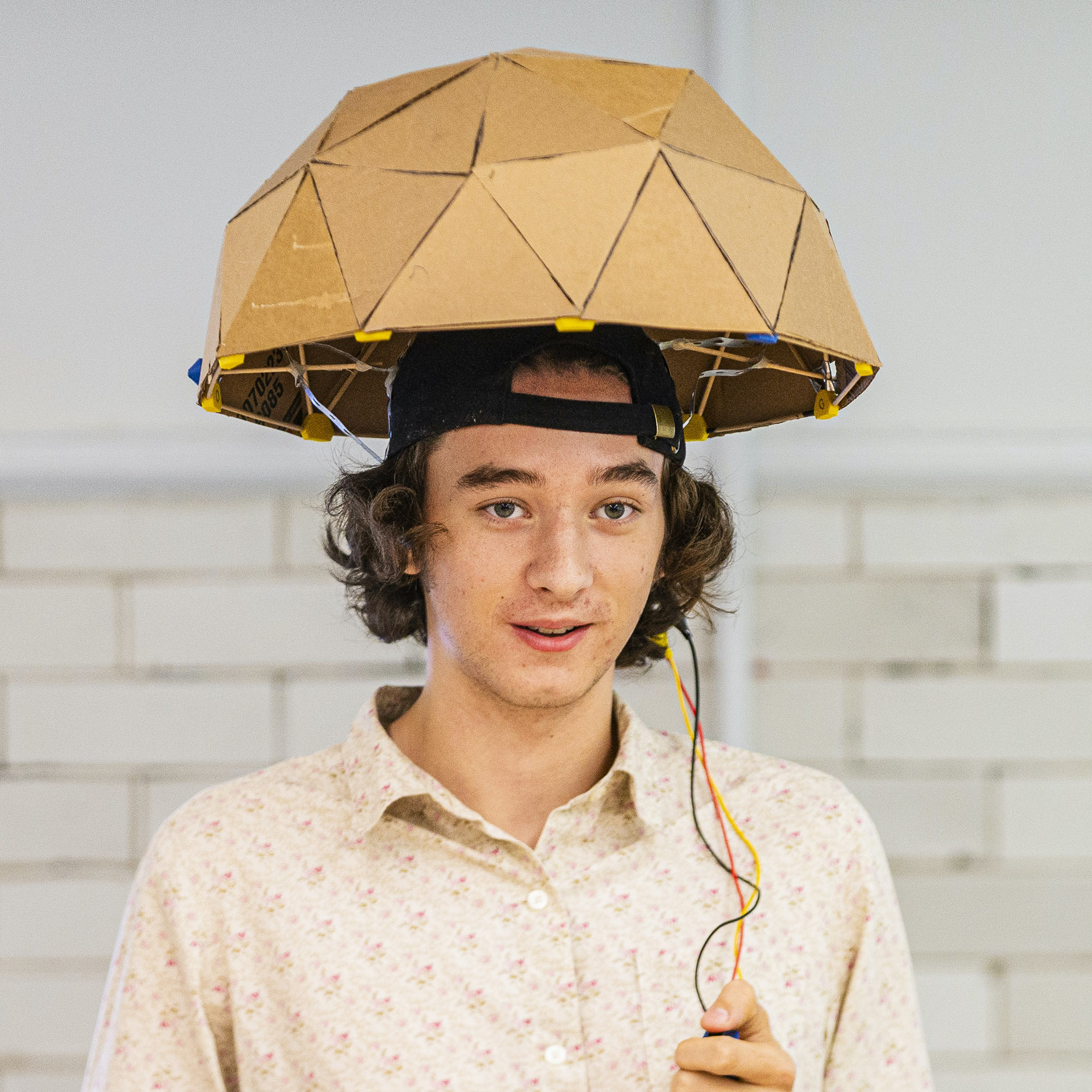
- Helped with web design and development for the Ticha site, as well as working on tools to make encoding easier.
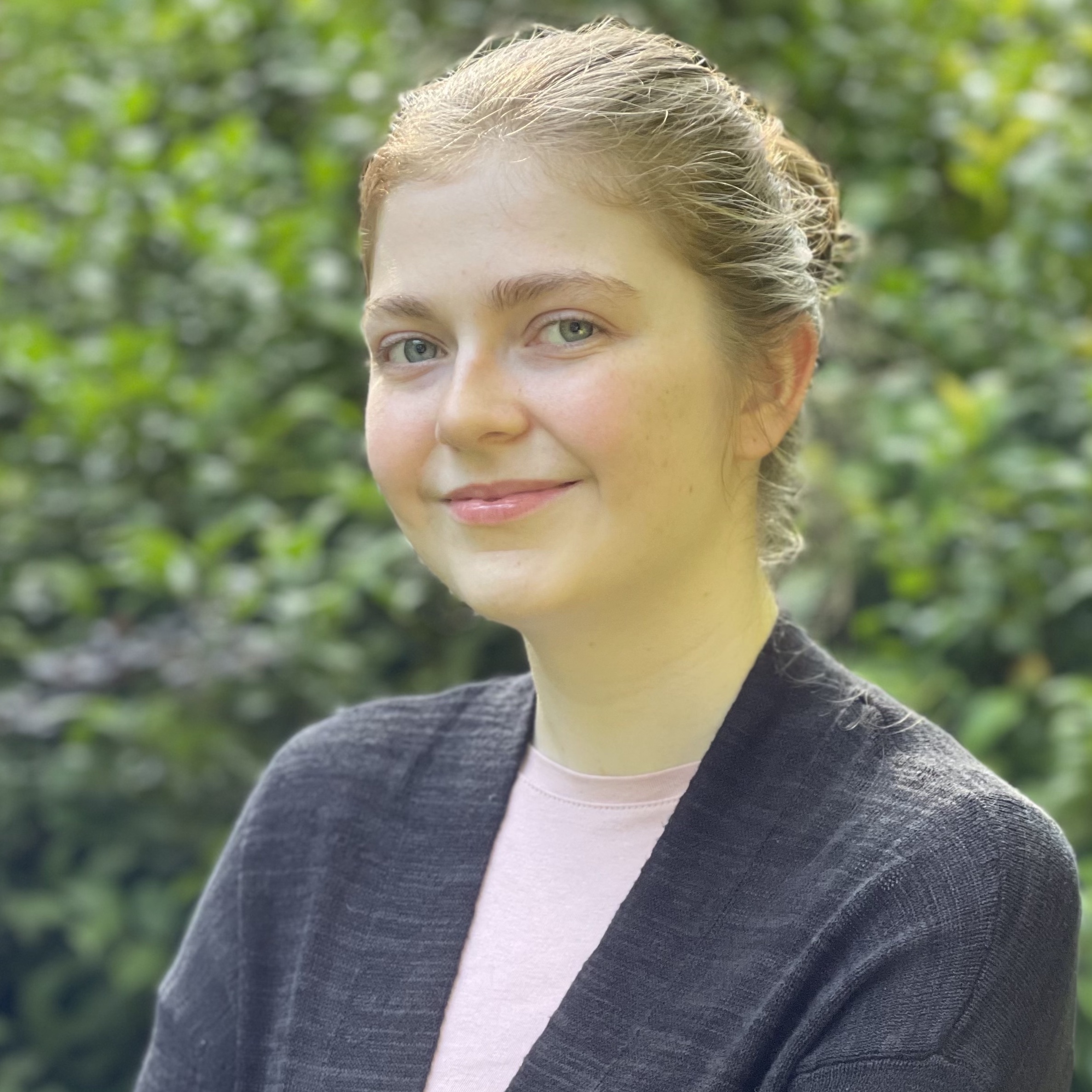
- Encoded names and documents, transcribed texts, performed website updates, and wrote about linguistic analyses.
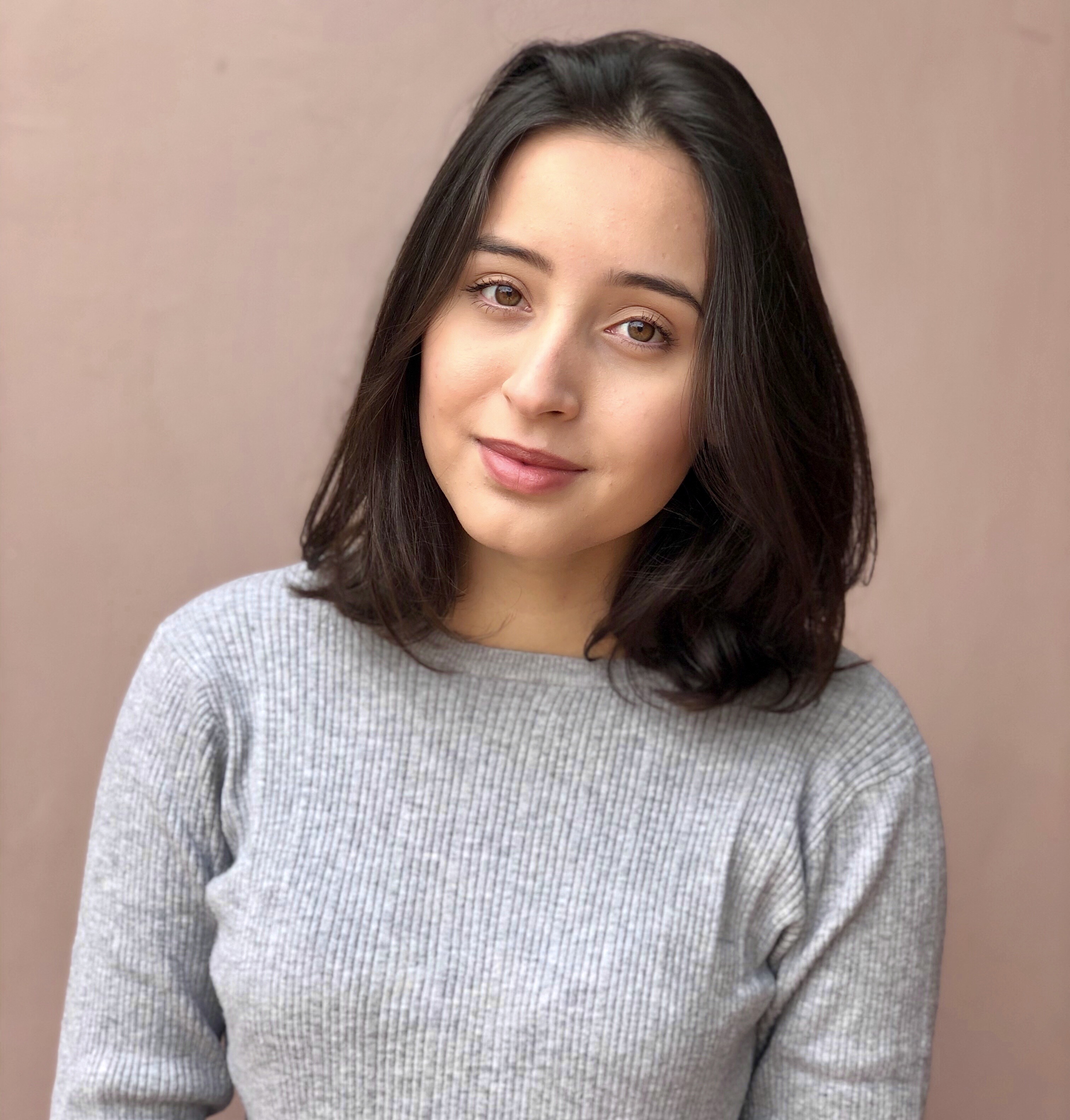
- Supported translation of documents and resources available on Ticha
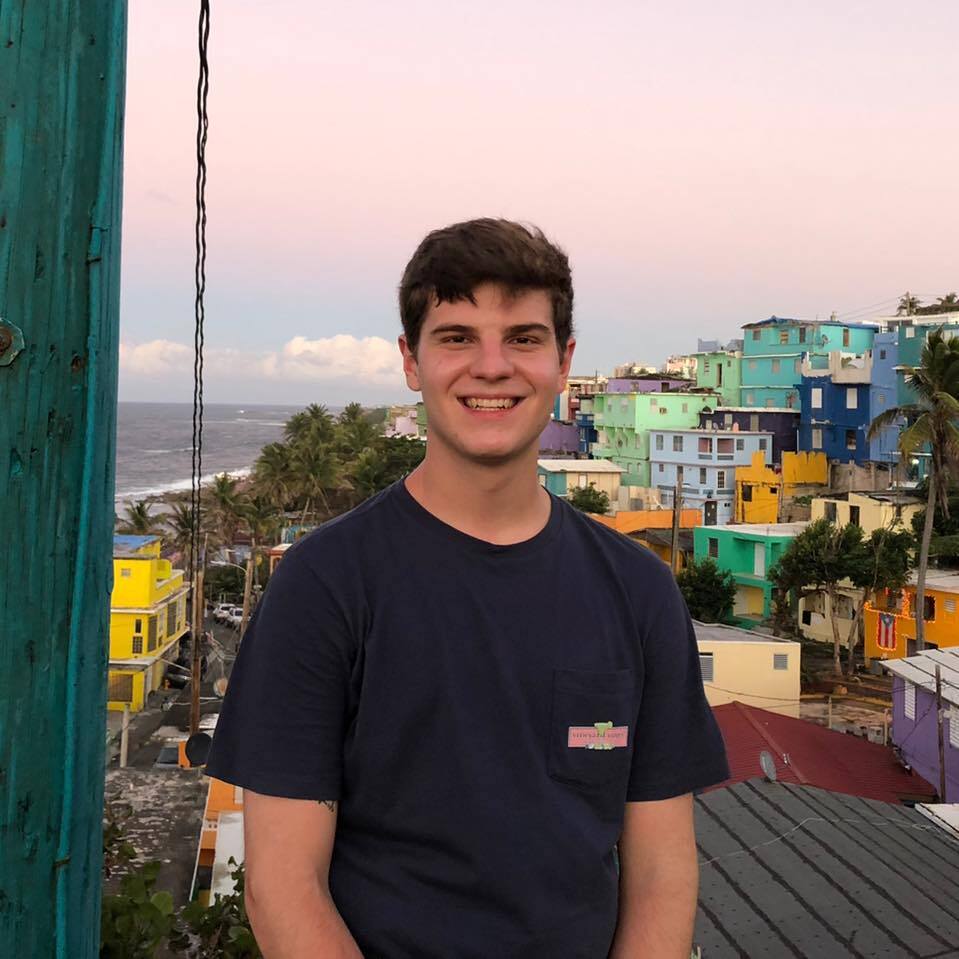
- Supported archives
- Aided in translation of Ticha resources
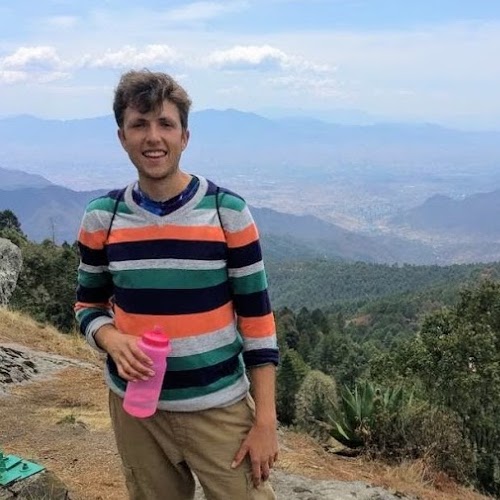
- Promoted Ticha's use by educators
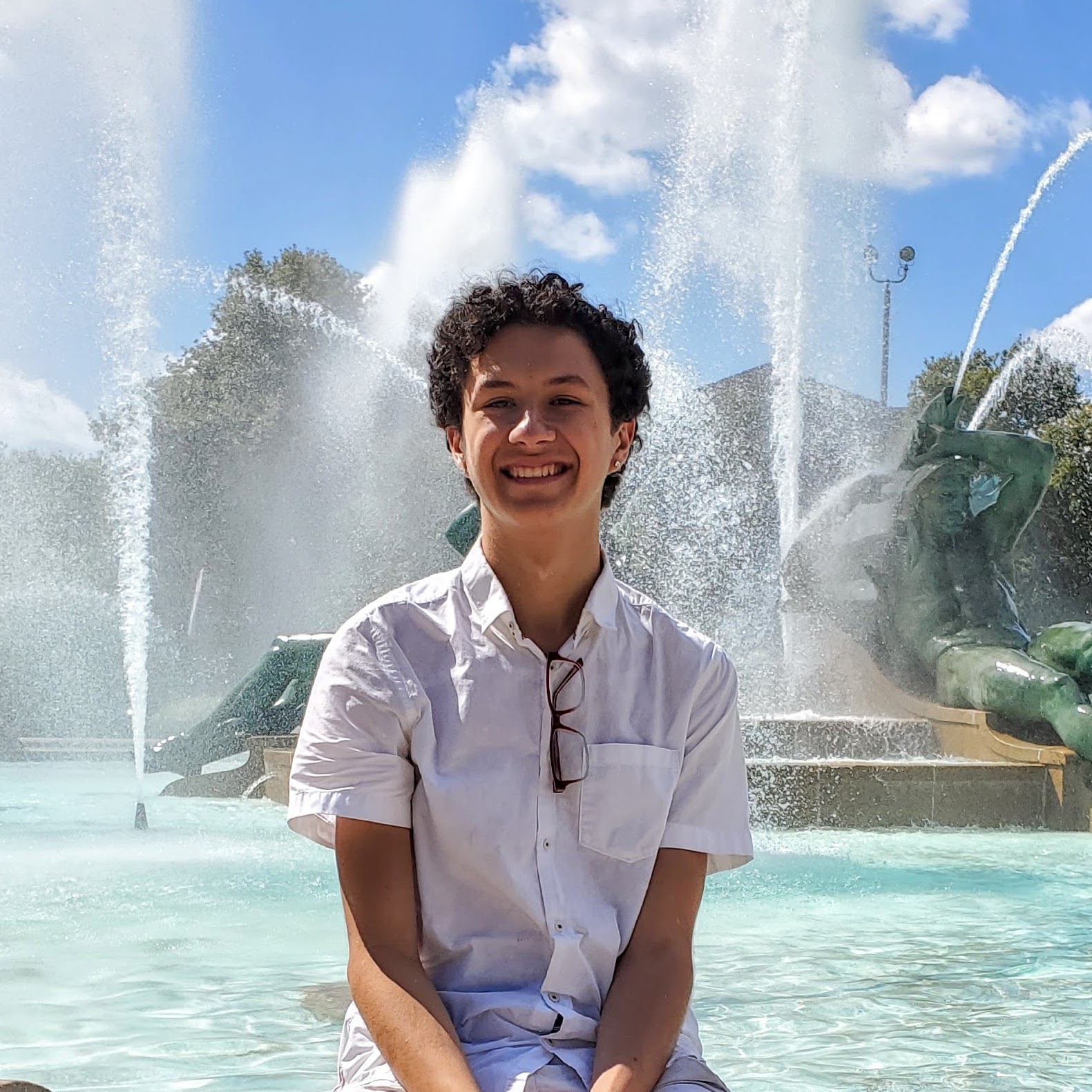
- Developed pedagogical materials
- Encoded modernized Spanish versions of colonial-era texts
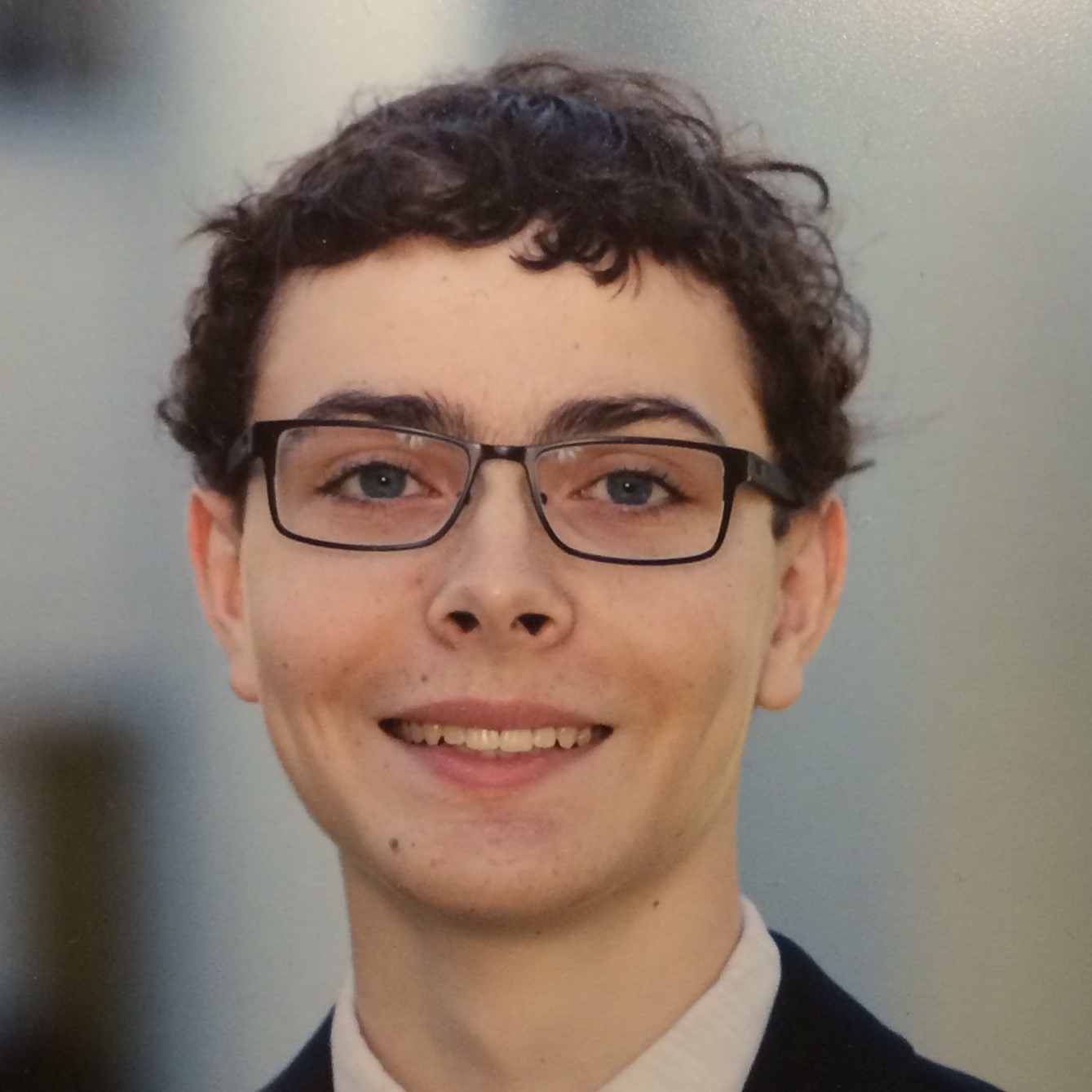
- Contributed to web-design of the Ticha site
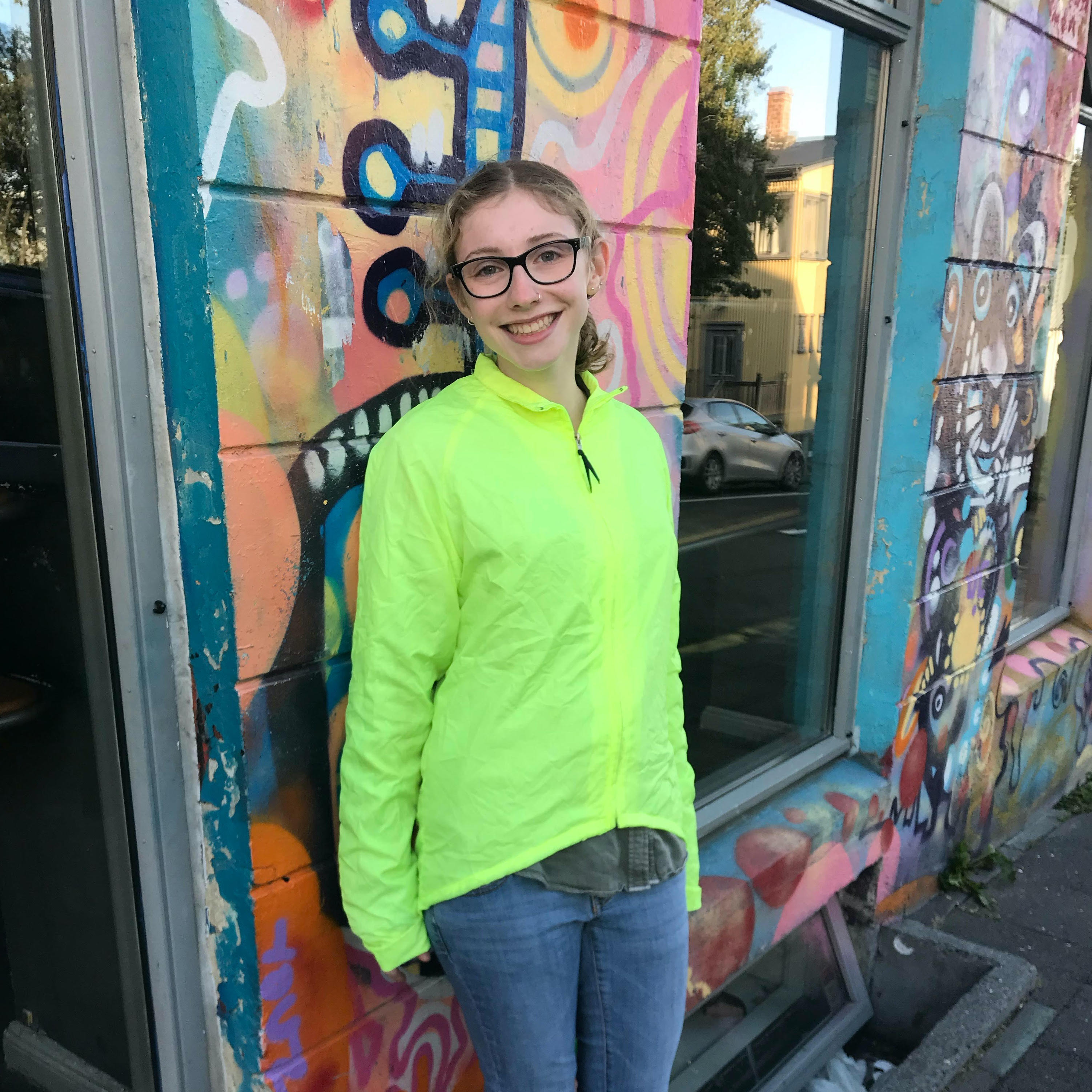
Eloise Kadlecek is majoring in Linguistics. An interest in language preservation and indigenous languages piqued her interest in joining the Ticha team.
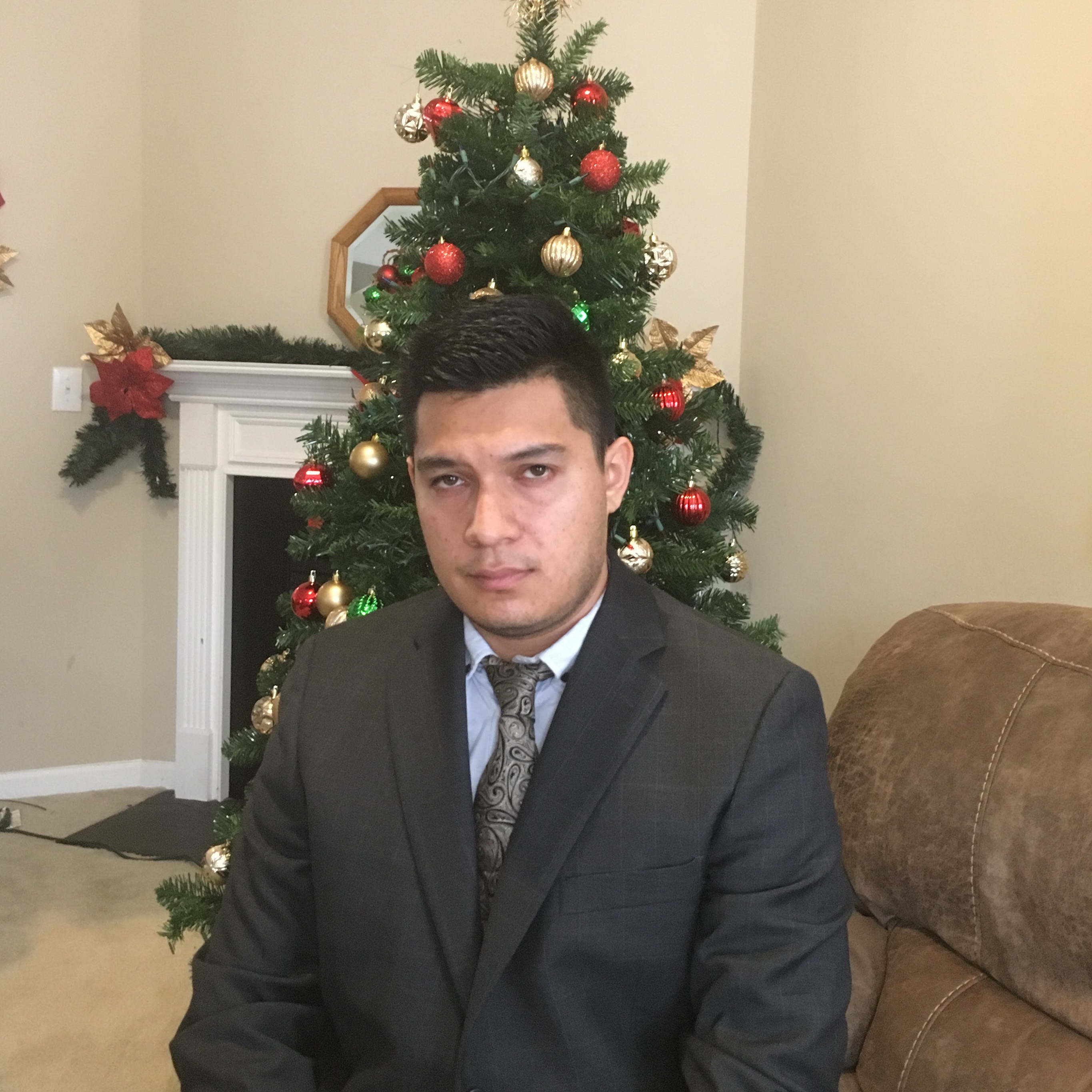
- Worked on transcribing texts

- Contributed to Ticha's front-end and back-end code
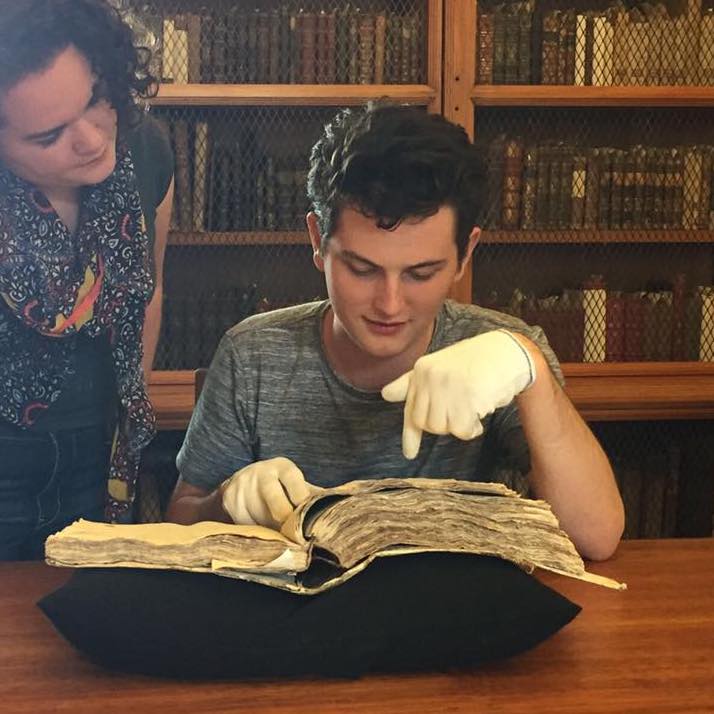
- Helped build and maintain the Ticha site
- Also participated as a linguistics student in the research of Colonial Valley Zapotec
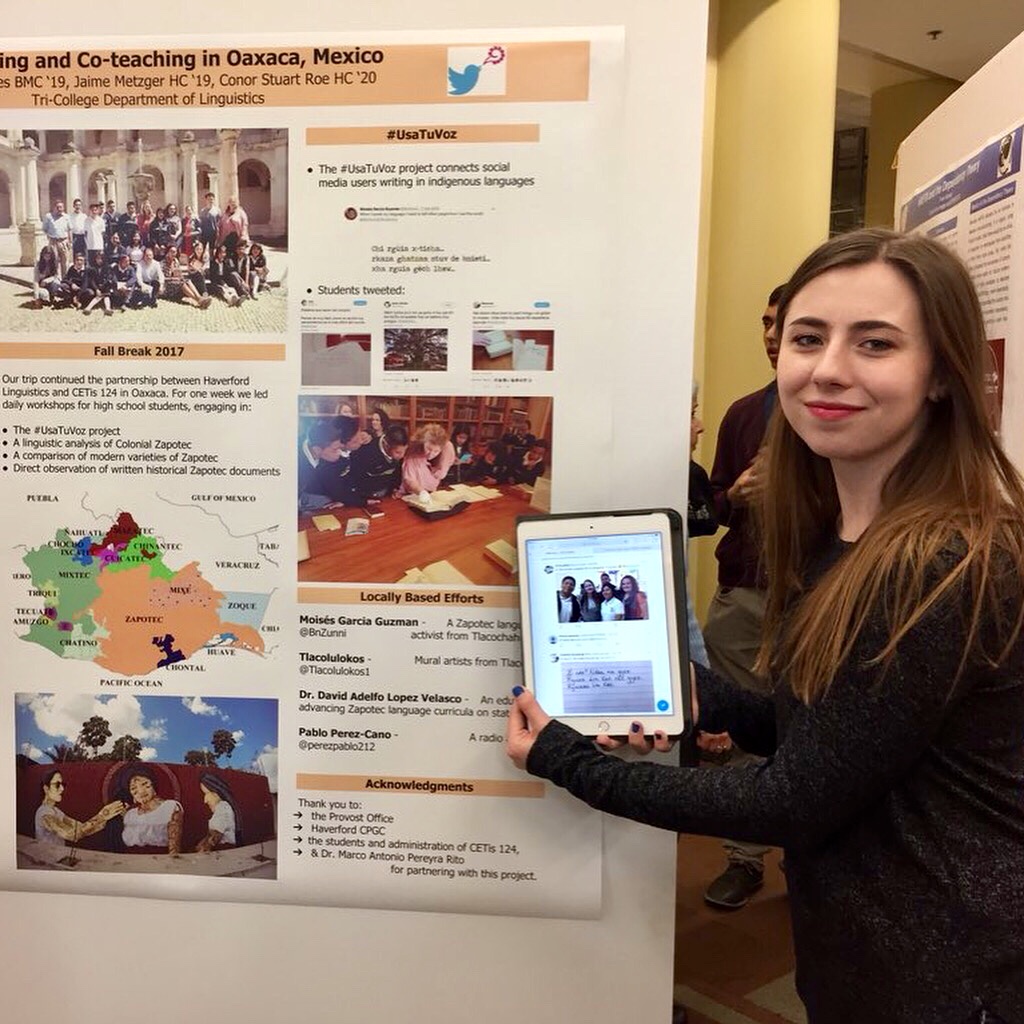
- Increased Ticha's functionality and accessibility
- Used Ticha's resources to analyze the language contact effects of Colonial Valley Zapotec on Oaxacan Spanish for her thesis
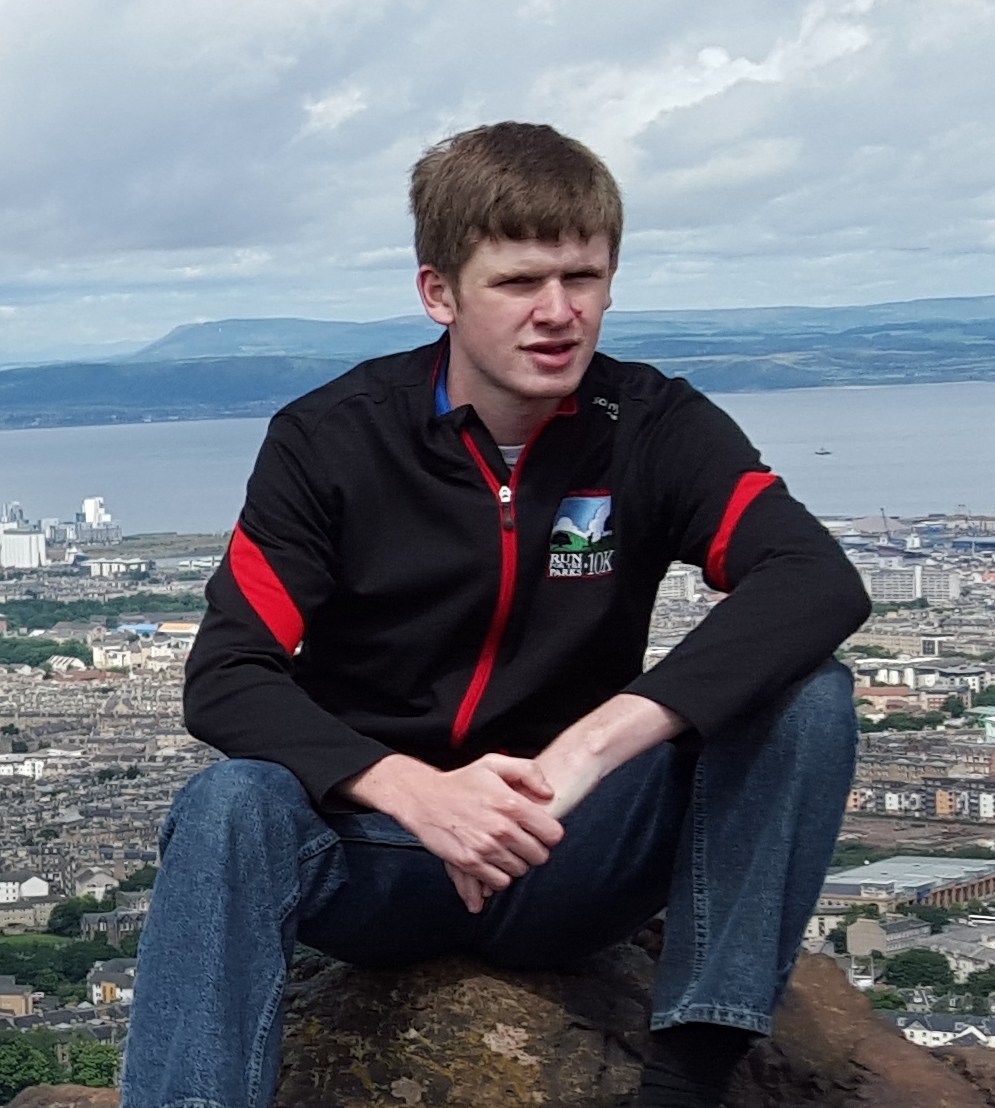
- Worked on the front-end and back-end code for the Ticha website
- Carolina
- Ana Laura Arrieta Zamudio
- Jay Avila
- Jessica B
- Suerta Benga
- James Berriman
- Claire Bowern
- Joshua Burton
- Jasmin Cabrera
- Jose Castillo
- Daisy Chaidez
- ClydeBew ClydeBewBE
- DavidRerge DavidRergeNT
- Bradley Davis
- DonaldBACHE DonaldBACHEIK
- Destinee E
- Edwindok EdwindokPQ
- Paulino Estevez-Ancira
- Juan Manuel Flores Gonzalez
- Francistow FrancistowSN
- Marcella Galarza
- Geovanny Guzman
- Carol Hemmingway
- JeffreyDot JeffreyDotVQ
- Jerryzib JerryzibDG
- Seth Katenkamp
- Mario de Jesús León Cuevas
- LikIdold LikIdoldIN
- Jose Daniel Lopez
- Effie Manor
- Mark Marinez
- Shayley Martin
- MartinNoX MartinNoXXR
- Maura-Epifanía Matus-Ortega
- MichaelZilky MichaelZilkyQY
- Miguelbouth MiguelbouthCN
- Michael Millan
- Leslie Montes
- Lauren Rebecca Moody
- Gerardo Munoz
- Mariana Ponce
- RaymondVew RaymondVewKL
- Annalea Rix
- Yolanda Rodriguez landeros
- James Smith
- StevenHoato StevenHoatoTJ
- Iraiz Tadeo
- Carly Tozian
- Stefanie Viera
- Eric Whyman
- Allison Williams
- Santos Worley
- Jorge Yepes Londoño